Director of the Operations Directorate, NSA/CSS
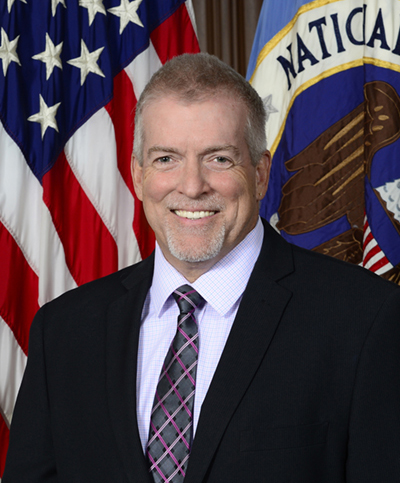 Mr. Jon Darby is the Director of Operations for the National Security Agency/Central Security Service (NSA/CSS). Mr. Darby began work at NSA/CSS in 1983 where he was assigned as a Russian language analyst. Mr. Darby has served in a variety of field and operations management positions at NSA/CSS. Mr. Darby served as the Signals Intelligence Directorate’s Deputy Director of Analysis and Production (A&P) and the Deputy Chief of Cybersecurity Operations (CSO).
Mr. Jon Darby is the Director of Operations for the National Security Agency/Central Security Service (NSA/CSS). Mr. Darby began work at NSA/CSS in 1983 where he was assigned as a Russian language analyst. Mr. Darby has served in a variety of field and operations management positions at NSA/CSS. Mr. Darby served as the Signals Intelligence Directorate’s Deputy Director of Analysis and Production (A&P) and the Deputy Chief of Cybersecurity Operations (CSO).
Mr. Darby graduated from Carleton College, Northfield, Minnesota in 1983 with a Bachelor of Arts degree in Political Science/International Relations and a concentration in Russian Studies. He attended the Foreign Service Institute in Rosslyn, Virginia for full-time intensive instruction in Polish and Hungarian languages from 1985-1986 and 1991-1992. He also attended various graduate-level courses as part of the Defense Leadership and Management Program from 2000-2001 and is a 2007 graduate of the Kellogg School of Management Executive Leadership Program. A native of Billings, Montana, Mr. Darby enjoys movies, reading, and playing organized baseball.
Director of Cybersecurity Operations (IM33), Department of Energy
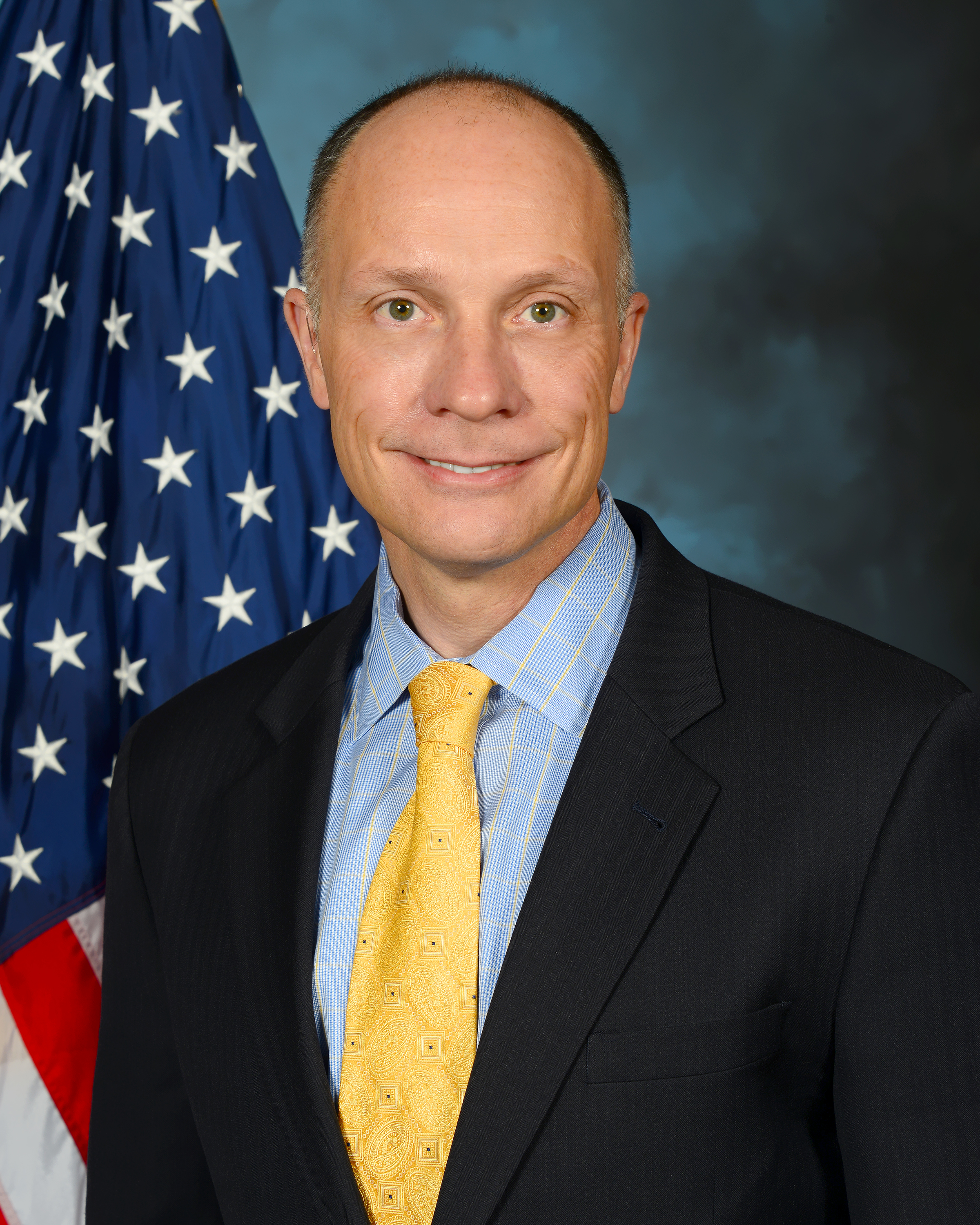 Mr. Sisson is currently serving in the Department of Energy’s Office of the CIO as the Director of Cybersecurity Operations (IM33). Prior to joining DOE, he served as the Chief of Staff and the Deputy Director of Operations (DJ3) at Joint Force Headquarters Department of Defense Information Network (JFHQ-DODIN). JFHQ-DODIN is a component of United States Cyber Command, and executes Command and Control of DOD information network operations and defensive cyberspace operations globally.
Mr. Sisson is currently serving in the Department of Energy’s Office of the CIO as the Director of Cybersecurity Operations (IM33). Prior to joining DOE, he served as the Chief of Staff and the Deputy Director of Operations (DJ3) at Joint Force Headquarters Department of Defense Information Network (JFHQ-DODIN). JFHQ-DODIN is a component of United States Cyber Command, and executes Command and Control of DOD information network operations and defensive cyberspace operations globally.
Before JFHQ-DODIN, he served as a Cyberspace and Information Technology Training Capabilities Analyst for the Joint Staff J7 Director of Joint Training (DJT). In this job he was responsible for engaging stakeholders across the Joint Staff, Office of the Secretary of Defense (OSD), Combatant Commands, Defense Information Systems Agency (DISA), US Cyber Command,Service Components, and the interagency community in order to identify common efforts, and coordinate actions integral to the development, delivery and implementation of the DOD’s Cyber Strategy. Prior to serving as a DoD Civilian, Mr. Sisson served over 20 years as a non-commissioned and commissioned officer in the United States Army where he led diverse organizations at multiple echelons. He retired as a Signal Officer in 2004.
Mr. Sisson completed his undergraduate work at the University of South Carolina Aiken where he earned a Bachelor of Arts in History and, in 2014, graduated from the College of Naval Warfare in Newport, RI where he earned a Master of Arts in National Security and Strategic Studies. He was awarded the Joint Civilian Service Commendation Award in 2013, and the Civilian Global War on Terrorism Medal in 2008.
Cybersecurity Professional, Director, Subject Matter Expert
 Fixing cybersecurity one step at a time. Through interactions with national and international cybersecurity experts, Frank addresses the need for greater cybersecurity understanding and more cybersecurity professionals every day. He has helped craft national and international policy through directly leveraging his extensive expertise and varied skill set. Through training and certification development, he has created the most key resource for cybersecurity operations – skilled professionals.
Fixing cybersecurity one step at a time. Through interactions with national and international cybersecurity experts, Frank addresses the need for greater cybersecurity understanding and more cybersecurity professionals every day. He has helped craft national and international policy through directly leveraging his extensive expertise and varied skill set. Through training and certification development, he has created the most key resource for cybersecurity operations – skilled professionals.
A recognized thought leader, speaker, writer, inventor, Frank has been published in multiple mediums, online, newsprint, magazines, and books. Valued for his ability to take complex, technical issues and break them down for everyone to understand, Frank enjoys sharing the positive impacts technology can bring to the organization and individual.
Executive Director, Maryland Global Initiative for Cybersecurity (MaGIC)
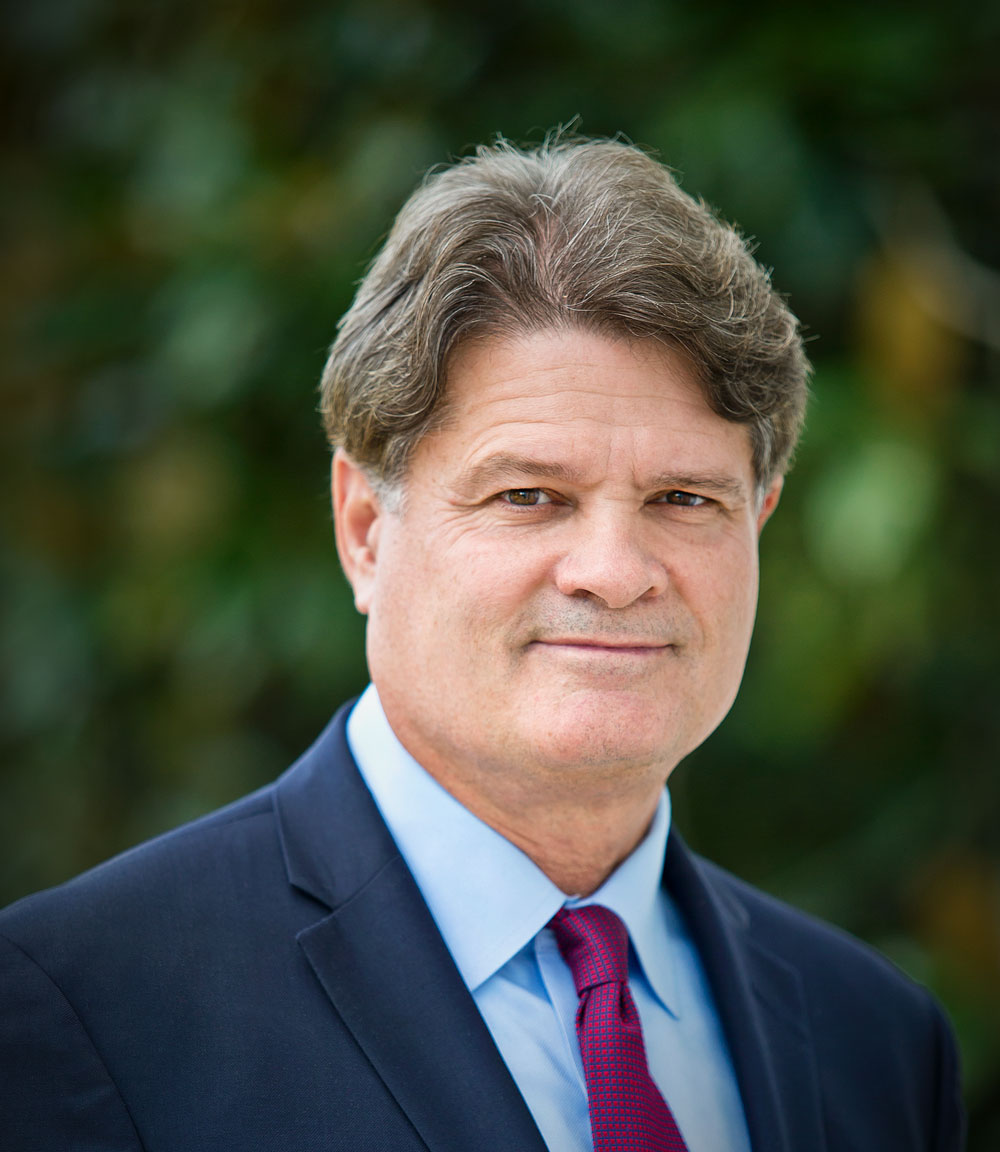 Dan Ennis is executive director of the University of Maryland Cyber Initiative as well as CEO of DRE Consulting. In both roles, he leverages over 36 years of U.S. government service, principally with the National Security Agency (NSA) Central Security Service. Prior to his retirement from the NSA, Ennis served as director of its Threat Operations Center (NTOC), responsible for round-the-clock cryptologic activities to detect and counter cyber threats to U.S. national security systems and other important networks, while protecting the legal rights of U.S. persons. Ennis’ career with the U.S. government began in 1979 at the Drug Enforcement Administration.
Dan Ennis is executive director of the University of Maryland Cyber Initiative as well as CEO of DRE Consulting. In both roles, he leverages over 36 years of U.S. government service, principally with the National Security Agency (NSA) Central Security Service. Prior to his retirement from the NSA, Ennis served as director of its Threat Operations Center (NTOC), responsible for round-the-clock cryptologic activities to detect and counter cyber threats to U.S. national security systems and other important networks, while protecting the legal rights of U.S. persons. Ennis’ career with the U.S. government began in 1979 at the Drug Enforcement Administration.
He joined NSA in 1982 and held numerous senior-level positions, primarily within the Signals Intelligence Directorate. Prior to becoming the NTOC director, Ennis served as assistant deputy director of analysis and production, providing overall management of the U.S. signals intelligence analysis and production mission. Other senior positions held included chief of NSA Tailored Access Operations, chief of Transnational Targets (counter terrorism, counter proliferation, counter intelligence, narcotics and serious crimes, and weapons and space) and chief of the Office of Russia.
Dean, College of Information Studies, University of Maryland - College Park
 Keith Marzullo became the dean of the University of Maryland College of Information Studies, also known as the iSchool, in August 2016. He joined the iSchool from the White House Office of Science and Technology Policy, where he directed the Networking and Information Technology Research and Development (NITRD) Program. Marzullo joined NITRD from the National Science Foundation (NSF), where he directed the Computer and Network Systems Division in the Computer & Information Science & Engineering Directorate. He also served as co-chair of the NITRD Cybersecurity and Cyber Physical Systems R&D Senior Steering Groups.
Keith Marzullo became the dean of the University of Maryland College of Information Studies, also known as the iSchool, in August 2016. He joined the iSchool from the White House Office of Science and Technology Policy, where he directed the Networking and Information Technology Research and Development (NITRD) Program. Marzullo joined NITRD from the National Science Foundation (NSF), where he directed the Computer and Network Systems Division in the Computer & Information Science & Engineering Directorate. He also served as co-chair of the NITRD Cybersecurity and Cyber Physical Systems R&D Senior Steering Groups.
Prior to joining NSF, Marzullo was a faculty member at the University of California, San Diego’s Computer Science and Engineering Department from 1993–2014, and served as the department chair from 2006–10. He was a faculty member of the Computer Science Department of Cornell University from 1986–92, a professor-at-large of the Department of Informatics at the University of Tromsø, Norway, from 1999–2005, and was a principal in a startup, ISIS Distributed Systems, from 1998–2002. Marzullo received his doctorate in electrical engineering from Stanford University, where he developed the Xerox Research Internet Clock Synchronization protocol, one of the first practical fault-tolerant protocols for keeping widely distributed clocks synchronized with each other. His research interests are in distributed computing, fault-tolerant computing, cybersecurity and privacy.
President of the LHarrington Group LLC
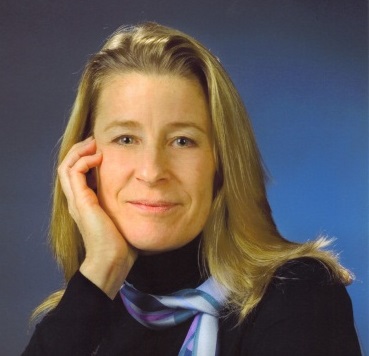 Lisa Harrington is president of the lharrington group LLC, a woman-owned small business providing strategic consulting services in all facets of supply chain for both the private and public sector. Lisa also provides strategic thought leadership content development, research and analysis, and marketing support for 3PLs, technology companies, manufacturers and distributors in all industry sectors. She holds two research appointments at the University of Maryland, in the schools of business and public policy (Center for Public Policy and Private Enterprise). She is currently a Senior Faculty Research Scholar at the Center for Public Policy and Private Enterprise, University of Maryland School of Public Policy. She also is former Associate Director of the Supply Chain Management Center and a former Faculty Lecturer at the Robert H. Smith School of Business, University of Maryland.
Lisa Harrington is president of the lharrington group LLC, a woman-owned small business providing strategic consulting services in all facets of supply chain for both the private and public sector. Lisa also provides strategic thought leadership content development, research and analysis, and marketing support for 3PLs, technology companies, manufacturers and distributors in all industry sectors. She holds two research appointments at the University of Maryland, in the schools of business and public policy (Center for Public Policy and Private Enterprise). She is currently a Senior Faculty Research Scholar at the Center for Public Policy and Private Enterprise, University of Maryland School of Public Policy. She also is former Associate Director of the Supply Chain Management Center and a former Faculty Lecturer at the Robert H. Smith School of Business, University of Maryland.
Lisa has done extensive research into all aspects of Supply Chain Risk Management for both public and commercial institutions, including the U.S. Department of Defense, the U.S. Agency for International Development, NASA, BP, DHL, FedEx, Caterpillar, Intel, Microsoft and others. Lisa has co-authored three books on supply chain management, and written hundreds of articles, which have appeared in publications that include The Economist, Fortune, Inbound Logistics and SupplyChainBrain.
Director of Operations, Maryland Global Initiative for Cybersecurity (MaGIC)
Senior Research Associate, Center for International and Security Studies at Maryland (CISSM)
 Charles Harry is a senior leader, practitioner, and researcher with over 20 years of experience in intelligence and cyber operations. Dr. Harry is the Director of Operations at the Maryland Global Initiative in Cybersecurity (MaGIC), an Associate Research Professor in the School of Public Policy, and a Senior Research Associate at the Center for International and Security Studies at Maryland (CISSM). Dr Harry facilitates and promotes external engagement and interdisciplinary research across the university and is often called to speak to international and national audiences on a range of cybersecurity issues. Dr. Harry sits on the US Chamber of Commerce’s Cybersecurity Leadership Council engaging private companies and public officials on a range of cybersecurity topics.
Charles Harry is a senior leader, practitioner, and researcher with over 20 years of experience in intelligence and cyber operations. Dr. Harry is the Director of Operations at the Maryland Global Initiative in Cybersecurity (MaGIC), an Associate Research Professor in the School of Public Policy, and a Senior Research Associate at the Center for International and Security Studies at Maryland (CISSM). Dr Harry facilitates and promotes external engagement and interdisciplinary research across the university and is often called to speak to international and national audiences on a range of cybersecurity issues. Dr. Harry sits on the US Chamber of Commerce’s Cybersecurity Leadership Council engaging private companies and public officials on a range of cybersecurity topics.
Prior to his work with the university, Dr. Harry grew and led a $35 million dollar cybersecurity consulting organization combining analysts and developers to deliver innovative solutions to the private and public sector. His public service includes a 14-year career with the National Security Agency rising to the rank of senior technical leader (DISL). He has supported senior policy makers at the White House and has regularly appeared before congressional committees to provide testimony. Dr. Harry holds degrees in Economics and History from the University of Colorado, and was awarded a PhD in Policy Studies from the University of Maryland. He is the recipient of the Director of National Intelligence Extraordinary Achievement Medal and the Signal Intelligence Career Achievement Medal. His current research focuses on the development of an analytic framework for assessing cybersecurity risk including the ability to categorize and measure the impact of cyber events.
Chief Engineer, The MITRE Corporation
 Harry Perper is a Chief Engineer for the MITRE operated National Cybersecurity Federally Funded Research and Development Center (FFRDC) for the National Cybersecurity Center of Excellence (NCCoE), within NIST. In his role as Principal Systems Engineer, Harry is responsible for designing and building solutions to tackle some of our nation’s most pressing cybersecurity challenges. Prior to the NCCoE, Harry worked in MITRE’s Center for National Security, leading teams focused on evaluating a range of cyber technologies for the US Department of Defense. Prior to this, Harry worked in the telecommunications industry in various capacities including operations, engineering and marketing.
Harry Perper is a Chief Engineer for the MITRE operated National Cybersecurity Federally Funded Research and Development Center (FFRDC) for the National Cybersecurity Center of Excellence (NCCoE), within NIST. In his role as Principal Systems Engineer, Harry is responsible for designing and building solutions to tackle some of our nation’s most pressing cybersecurity challenges. Prior to the NCCoE, Harry worked in MITRE’s Center for National Security, leading teams focused on evaluating a range of cyber technologies for the US Department of Defense. Prior to this, Harry worked in the telecommunications industry in various capacities including operations, engineering and marketing.
Mr. Perper has a bachelor’s degree in Electrical Engineering from the University of Maryland and a master’s degree in Electrical Engineering from the George Washington University.
Chief Executive Officer and Founder, PacketViper
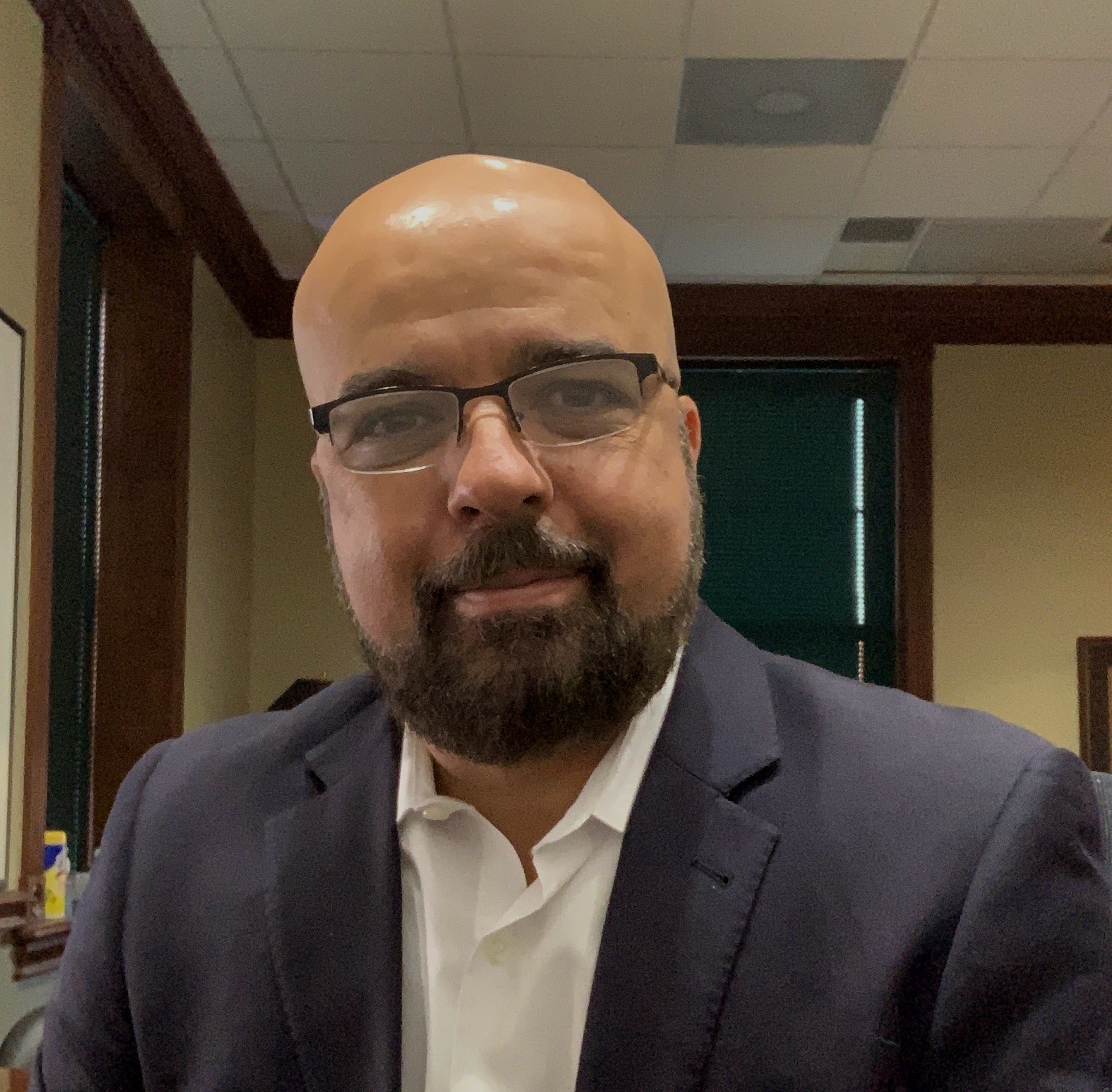 As Chief Executive Officer and Founder, Francesco is responsible for the overall operating performance, leading the strategic direction of the company’s products and solutions internally while building technical and business credibility externally as a market-facing thought leader. Frank also is co-inventor of a patent issued for selectively regulating network traffic. Francesco is an experienced network engineer and prior to PacketViper, held the Director of Information Security and Technology position at Liberty USA, Partner and Director of Libcom Internet Services ISP, Sr Network/Systems Engineer, Architect, and PM for nationally based technology businesses such as The Future Now, XLConnect, and MicroAge. Francesco holds a BS in Technical Management from Embry-Riddle University. Francesco is a decorated veteran that served twelve years in the US Army Assualt Helicopter Battalion at FT Drum, and Schoefield Barracks.
As Chief Executive Officer and Founder, Francesco is responsible for the overall operating performance, leading the strategic direction of the company’s products and solutions internally while building technical and business credibility externally as a market-facing thought leader. Frank also is co-inventor of a patent issued for selectively regulating network traffic. Francesco is an experienced network engineer and prior to PacketViper, held the Director of Information Security and Technology position at Liberty USA, Partner and Director of Libcom Internet Services ISP, Sr Network/Systems Engineer, Architect, and PM for nationally based technology businesses such as The Future Now, XLConnect, and MicroAge. Francesco holds a BS in Technical Management from Embry-Riddle University. Francesco is a decorated veteran that served twelve years in the US Army Assualt Helicopter Battalion at FT Drum, and Schoefield Barracks.
Faculty Advisor, Maryland Global Initiative for Cybersecurity (MaGIC), UMD
Assistant Professor, Electrical & Computer Engineering Department, UMD
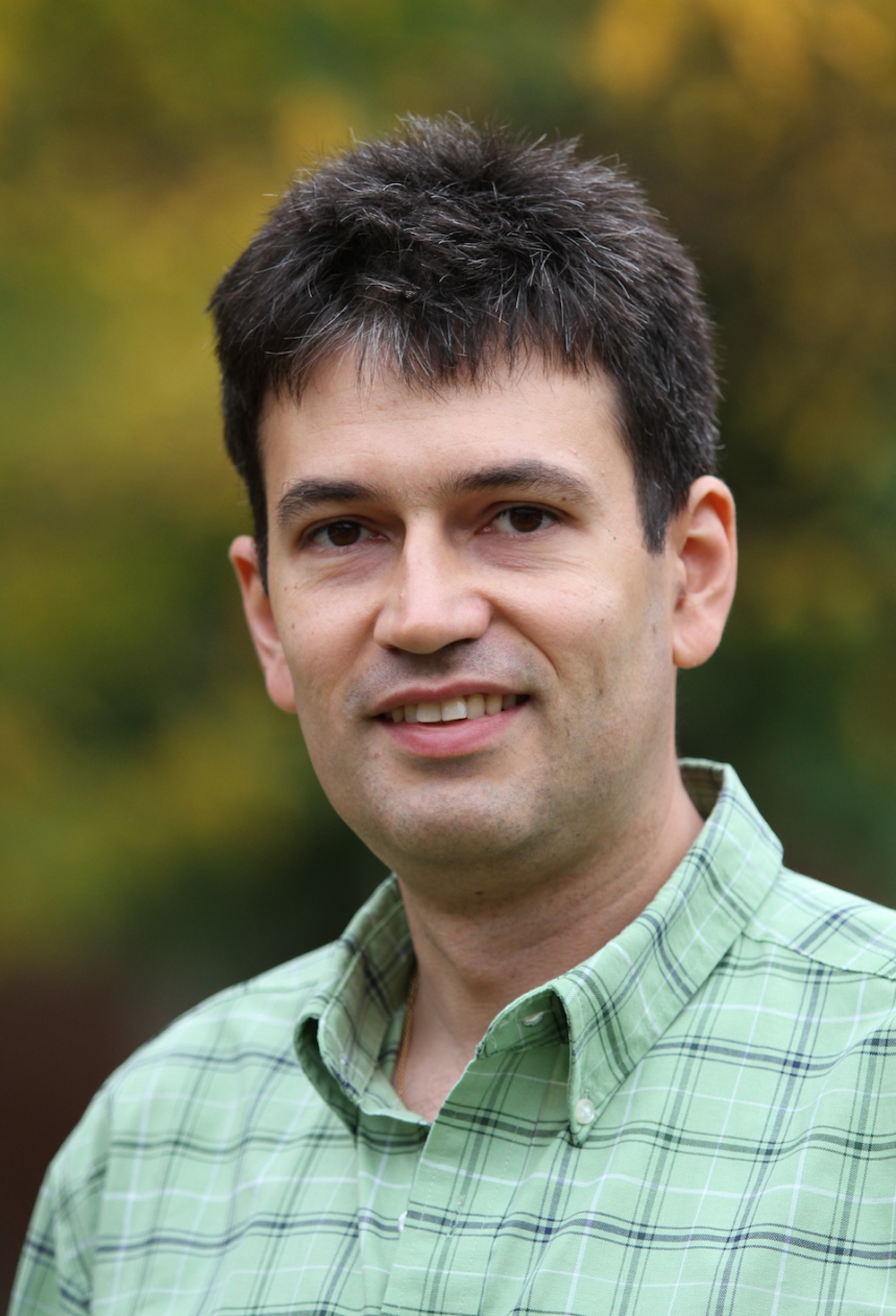 Tudor Dumitraș is an Assistant Professor in the Electrical & Computer Engineering Department at the University of Maryland, College Park. His research focuses on data-driven security: he studies real-world adversaries empirically, he builds machine learning systems for detecting attacks and predicting security incidents, and he investigates the security of machine learning in adversarial environments. In his previous role at Symantec Research Labs he built the Worldwide Intelligence Network Environment (WINE) - a data analytics platform for security research. His work on the effectiveness of certificate revocations in the Web PKI was featured in the Research Highlights of the Communications of the ACM in 2018, and his measurement of the duration and prevalence of zero-day attacks received an Honorable Mention in the NSA competition for the Best Scientific Cybersecurity Paper of 2012. Drawing from his background in competitive debating, he teaches elements of public speaking in his graduate security class, and he enjoys giving presentations at practitioner-oriented meetings, such as the Qualcomm Security Summit, With The Best conferences and USENIX Enigma.
Tudor Dumitraș is an Assistant Professor in the Electrical & Computer Engineering Department at the University of Maryland, College Park. His research focuses on data-driven security: he studies real-world adversaries empirically, he builds machine learning systems for detecting attacks and predicting security incidents, and he investigates the security of machine learning in adversarial environments. In his previous role at Symantec Research Labs he built the Worldwide Intelligence Network Environment (WINE) - a data analytics platform for security research. His work on the effectiveness of certificate revocations in the Web PKI was featured in the Research Highlights of the Communications of the ACM in 2018, and his measurement of the duration and prevalence of zero-day attacks received an Honorable Mention in the NSA competition for the Best Scientific Cybersecurity Paper of 2012. Drawing from his background in competitive debating, he teaches elements of public speaking in his graduate security class, and he enjoys giving presentations at practitioner-oriented meetings, such as the Qualcomm Security Summit, With The Best conferences and USENIX Enigma.
Director, Center for Public Policy and Private Enterprise and Professor of the Practice at the University of Maryland School of Public Policy
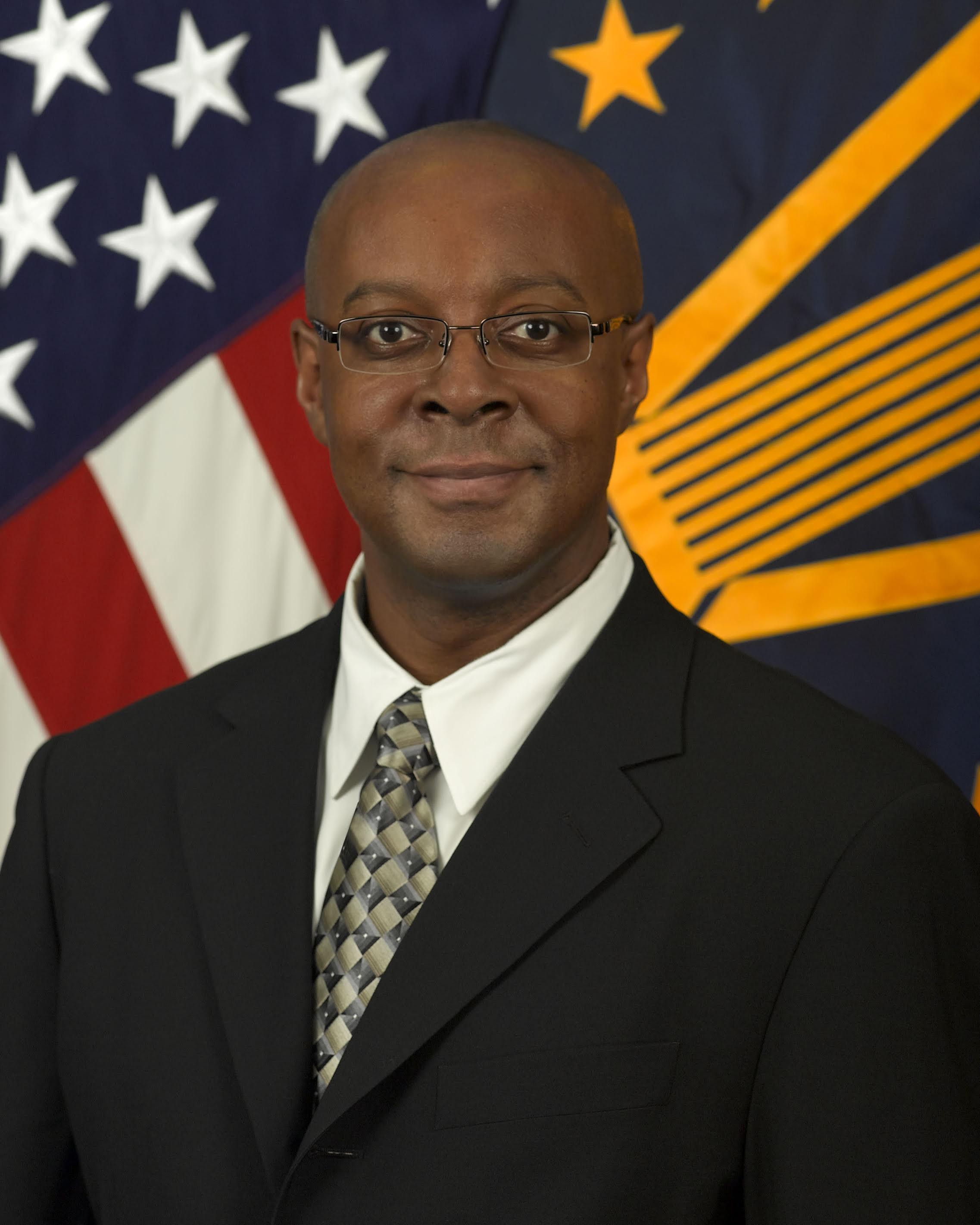 Dr. David Mussington is the Director of the Center for Public Policy and Private Enterprise and Professor of the Practice at the University of Maryland School of Public Policy. He is also a non-Resident Senior Fellow of the Center for International Governance Innovation (CIGI). From 2014-2016, Dr. Mussington served as an Assistant Director of the Information Technology and Systems Division at the Institute for Defense Analyses (IDA). In addition, he led studies for the Federal Communications Commission (FCC) on Cybersecurity reporting, consulted on cyber norms of armed conflict for the Office of the Secretary of Defense, and worked on cybersecurity R&D priorities for the White House Office of Science and Technology Policy (OSTP). In 2014, Dr. Mussington led a cybersecurity gap analysis and strategy study for the Bank of Canada – Canada’s central bank. As a consulting chief information security officer (CISO), he produced that institution’s first cybersecurity strategy, completed a cybersecurity gap analysis and risk remediation program, and gained funding and support from the Bank’s Board for a multi-year cyber risk mitigation initiative.
Dr. David Mussington is the Director of the Center for Public Policy and Private Enterprise and Professor of the Practice at the University of Maryland School of Public Policy. He is also a non-Resident Senior Fellow of the Center for International Governance Innovation (CIGI). From 2014-2016, Dr. Mussington served as an Assistant Director of the Information Technology and Systems Division at the Institute for Defense Analyses (IDA). In addition, he led studies for the Federal Communications Commission (FCC) on Cybersecurity reporting, consulted on cyber norms of armed conflict for the Office of the Secretary of Defense, and worked on cybersecurity R&D priorities for the White House Office of Science and Technology Policy (OSTP). In 2014, Dr. Mussington led a cybersecurity gap analysis and strategy study for the Bank of Canada – Canada’s central bank. As a consulting chief information security officer (CISO), he produced that institution’s first cybersecurity strategy, completed a cybersecurity gap analysis and risk remediation program, and gained funding and support from the Bank’s Board for a multi-year cyber risk mitigation initiative.
From 2011-2013, Dr. Mussington worked at the White House on the Obama Administration National Security Council Staff as Director for Surface Transportation Security Policy. Prior to that, Dr. Mussington was appointed to the Federal Senior Executive Service (SES) in 2010 and assigned as Senior Advisor for Cyber Policy in the Office of the Secretary of Defense. From 2006-2010, Dr. Mussington served in leadership roles at the Office of Inspector General, and as Chief of Corporate Security at the National Railroad Passenger Corporation (Amtrak), where he oversaw critical infrastructure programs and policy – designing a $450 million critical infrastructure capital projects portfolio funded by 2009 American Recovery and Reinvestment Act.
Founder and CEO of Dots and Bridges LLC.
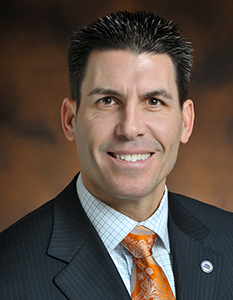 An accomplished entrepreneur, business executive, and cybersecurity strategist with 28+ years leading myriad Cabinet-level and commercial entities, Pete maintains a passion for collaborating with government, industry, investor, and academic ecosystems to unearth and stimulate transformative innovation while increasing private-sector commercialization. A trusted thought leader with corporate savvy and substantive technical proficiency, Pete maintains several Advisory Board roles in which Companies leverage Pete’s sophisticated aptitude to facilitate digital transformation, mitigate supply-chain risk, and ensure global growth.
As the Department of Energy’s (DoE) first-ever appointed Chief Technology Officer (CTO), Pete served as an innovation advocator for technology transfer of intellectual property, was an effective and credible collaborator across the international research and development community, and leveraged intellect within the national laboratory enterprise to catalyze economic competitiveness. Pete received his B.A. in Communications from Villanova University and earned his M.S. in Information and Telecommunication Systems from Johns Hopkins University. Most importantly, Pete is blessed with an incredible wife (Betsy) and four amazing children (Jacob, Joshua, Gabrielle, and Zachary).
An accomplished entrepreneur, business executive, and cybersecurity strategist with 28+ years leading myriad Cabinet-level and commercial entities, Pete maintains a passion for collaborating with government, industry, investor, and academic ecosystems to unearth and stimulate transformative innovation while increasing private-sector commercialization. A trusted thought leader with corporate savvy and substantive technical proficiency, Pete maintains several Advisory Board roles in which Companies leverage Pete’s sophisticated aptitude to facilitate digital transformation, mitigate supply-chain risk, and ensure global growth.
As the Department of Energy’s (DoE) first-ever appointed Chief Technology Officer (CTO), Pete served as an innovation advocator for technology transfer of intellectual property, was an effective and credible collaborator across the international research and development community, and leveraged intellect within the national laboratory enterprise to catalyze economic competitiveness. Pete received his B.A. in Communications from Villanova University and earned his M.S. in Information and Telecommunication Systems from Johns Hopkins University. Most importantly, Pete is blessed with an incredible wife (Betsy) and four amazing children (Jacob, Joshua, Gabrielle, and Zachary).
Adjunct Professor, Law and Policy of Cybersecurity at the Law School
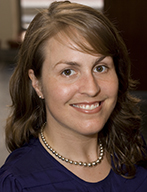 Apart from her role as a professor at the Carey School of Law, Ellen is also a Senior Law and Policy Analyst at the Center for Health and Homeland Security. Prior to this, she was an Associate at Sandler Law LLC, where she drafted pleadings and performed legal research for Rene Sandler in the areas of criminal defense, juvenile involvement, and personal injury argued brief motions in the District Court of Maryland, and drafted articles of incorporation for Maryland corporations. Among her publications and presentations, a few notable ones include – ‘What’s the Big Hurry? The Urgency of Data Breach Notification” 2018 Fall Issue of United States Cybersecurity Magazine; ‘Small Businesses, Big Cybersecurity Plans.’ April 25, 2018 Maryland Department of Commerce/University of Maryland University College/Maryland Chamber of Commerce; “Election Security,” October 12, 2017 CyberMaryland Conference; and “The Continuing Battle of Privacy v. Security,” October 14, 2015 Domestic Preparedness Journal.
Apart from her role as a professor at the Carey School of Law, Ellen is also a Senior Law and Policy Analyst at the Center for Health and Homeland Security. Prior to this, she was an Associate at Sandler Law LLC, where she drafted pleadings and performed legal research for Rene Sandler in the areas of criminal defense, juvenile involvement, and personal injury argued brief motions in the District Court of Maryland, and drafted articles of incorporation for Maryland corporations. Among her publications and presentations, a few notable ones include – ‘What’s the Big Hurry? The Urgency of Data Breach Notification” 2018 Fall Issue of United States Cybersecurity Magazine; ‘Small Businesses, Big Cybersecurity Plans.’ April 25, 2018 Maryland Department of Commerce/University of Maryland University College/Maryland Chamber of Commerce; “Election Security,” October 12, 2017 CyberMaryland Conference; and “The Continuing Battle of Privacy v. Security,” October 14, 2015 Domestic Preparedness Journal.
Security Consultant, US Navy
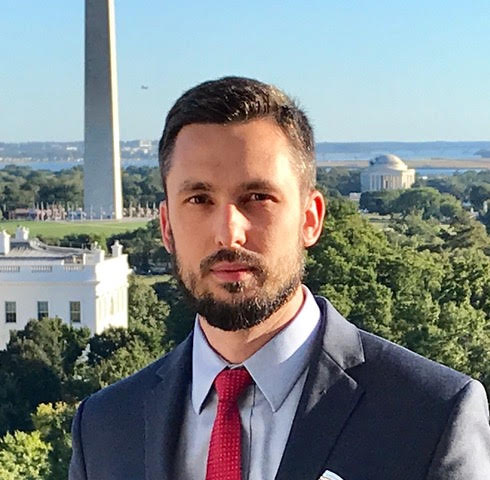 Ray Watts has spent a combined 15 years in cybersecurity serving in the US Navy, as a cyber operator, and now as a security consultant. He focuses on the electrical power and petrochemical industries, where he leverages his understanding of power plant, extraction and refining facility, and other critical infrastructure security protocols. He now safeguards critical assets of public and private entities through the development of robust security programs.
Ray Watts has spent a combined 15 years in cybersecurity serving in the US Navy, as a cyber operator, and now as a security consultant. He focuses on the electrical power and petrochemical industries, where he leverages his understanding of power plant, extraction and refining facility, and other critical infrastructure security protocols. He now safeguards critical assets of public and private entities through the development of robust security programs.
Federal Technology Director, Nlyte Software
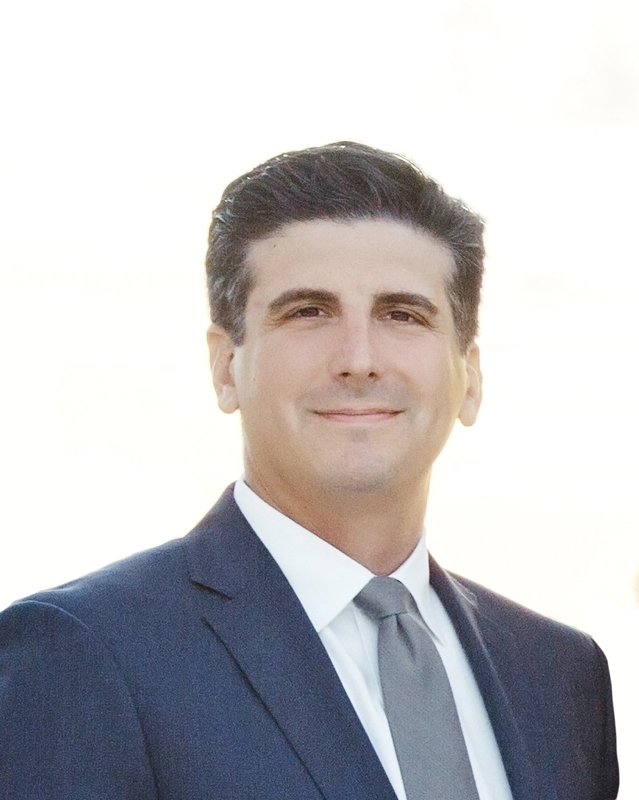 Anthony Vicinelly is the Federal Technology Director at Nlyte Software. With over 10 years of Solution Engineering experience, Anthony is responsible for working with federal organizations that want to leverage Nlyte’s market leading Data Center Infrastructure Management (DCIM) solution. Nlyte helps organizations increase the efficiency of how they manage their application workload infrastructure across their extended enterprise – from the desktop to data center, from colocation to edge to IoT devices. Using Nlyte’s monitoring, management, workflow and analytics capabilities, organizations can automate how they manage their resources in order to reduce costs, improve uptime and ensure compliance with their organization’s policies. Nlyte supports several Federal Agencies with their Data Center Consolidation and Data Center Optimization initiatives. Prior to Nlyte, Anthony was a Senior Solutions Engineer at Application Security Inc. and Trustwave, specializing in data security and monitoring. He also worked as a Systems and Software Engineer at Raytheon. Anthony holds a Bachelor of Science degree in Computer Science from Westminster College.
Anthony Vicinelly is the Federal Technology Director at Nlyte Software. With over 10 years of Solution Engineering experience, Anthony is responsible for working with federal organizations that want to leverage Nlyte’s market leading Data Center Infrastructure Management (DCIM) solution. Nlyte helps organizations increase the efficiency of how they manage their application workload infrastructure across their extended enterprise – from the desktop to data center, from colocation to edge to IoT devices. Using Nlyte’s monitoring, management, workflow and analytics capabilities, organizations can automate how they manage their resources in order to reduce costs, improve uptime and ensure compliance with their organization’s policies. Nlyte supports several Federal Agencies with their Data Center Consolidation and Data Center Optimization initiatives. Prior to Nlyte, Anthony was a Senior Solutions Engineer at Application Security Inc. and Trustwave, specializing in data security and monitoring. He also worked as a Systems and Software Engineer at Raytheon. Anthony holds a Bachelor of Science degree in Computer Science from Westminster College.
Senior Leader, Threat Intelligence and Operations, BlueVoyant
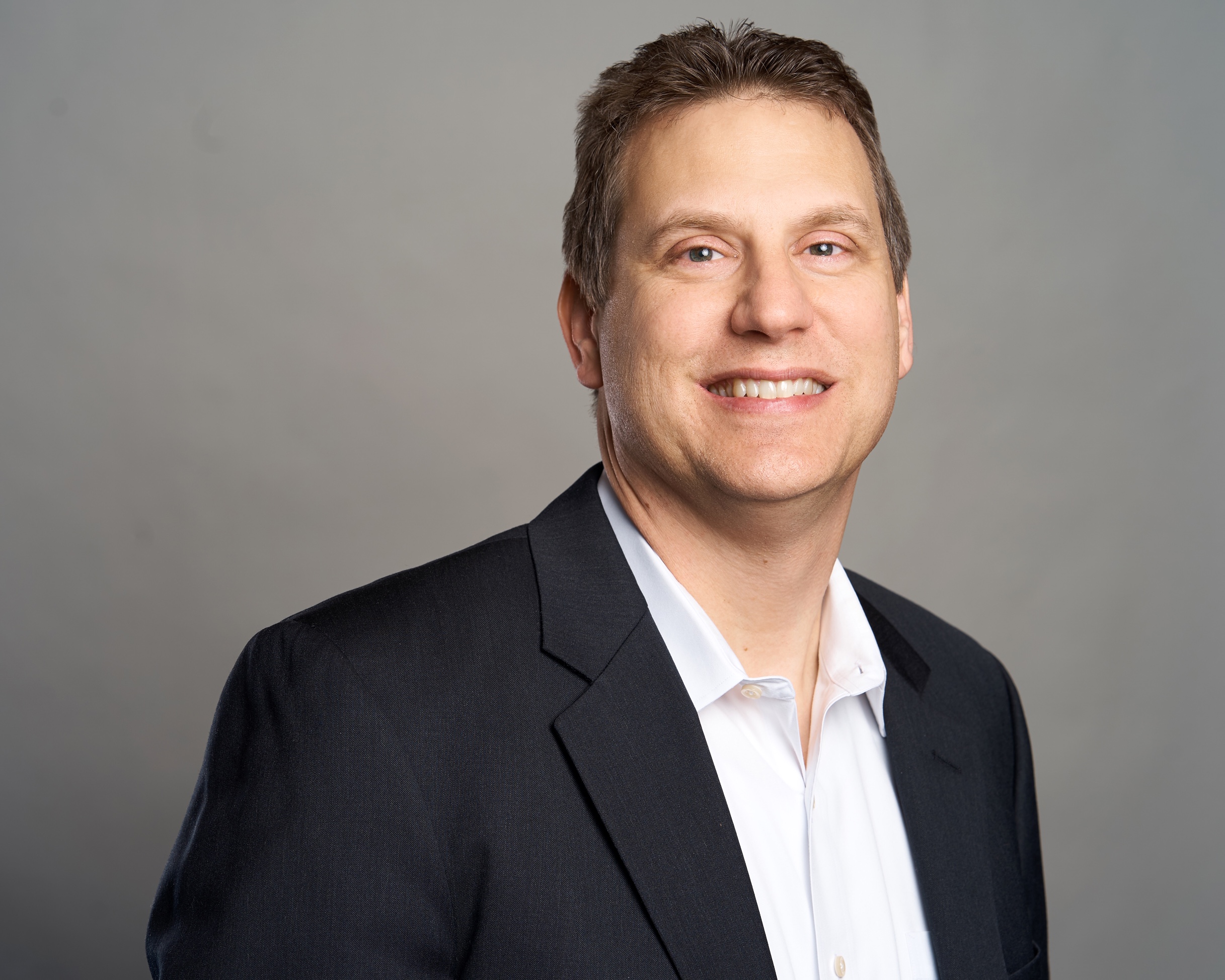 Ryan Agee came to BlueVoyant, a cybersecurity start-up founded in July of 2017, after having spent over 30 years at the National Security Agency, with the last twelve as a technical leader at the senior executive level. He applied his technical leadership skills to several domains, including nearly the last 20 years in cyber operations organizations at NSA.
Ryan has over fifteen years of experience developing and supporting NSA’s computer network exploitation mission, Tailored Access Operations (TAO), encompassing capabilities, operations, and analysis. His experiences include embedded systems hardware and software design and development, as well as operational and business model improvements. He then served in several formal Technical Director positions, including as Technical Director of TAO from 2011-2014.
As Technical Director of NSA’s Threat Operations Center (NTOC), Ryan then applied his cyber knowledge and experience to improve the cyber security of critical U.S. industry systems and networks. He led or contributed to multiple efforts which enabled high impact operational outcomes in the cyber domain to deny adversaries ability to influence, exploit, or threaten networks of U.S. national security.
At BlueVoyant, Ryan is a senior leader in the Threat Intelligence and Operations business line. He drives product development priorities and delivery, assists cyber analysts with tool requirements, as well as engaging with clients.
Ryan received a B.S. in Electrical Engineering from the University of Maryland and an M.S. In Electrical Engineering from The Johns Hopkins University.
Ryan Agee came to BlueVoyant, a cybersecurity start-up founded in July of 2017, after having spent over 30 years at the National Security Agency, with the last twelve as a technical leader at the senior executive level. He applied his technical leadership skills to several domains, including nearly the last 20 years in cyber operations organizations at NSA.
Ryan has over fifteen years of experience developing and supporting NSA’s computer network exploitation mission, Tailored Access Operations (TAO), encompassing capabilities, operations, and analysis. His experiences include embedded systems hardware and software design and development, as well as operational and business model improvements. He then served in several formal Technical Director positions, including as Technical Director of TAO from 2011-2014.
As Technical Director of NSA’s Threat Operations Center (NTOC), Ryan then applied his cyber knowledge and experience to improve the cyber security of critical U.S. industry systems and networks. He led or contributed to multiple efforts which enabled high impact operational outcomes in the cyber domain to deny adversaries ability to influence, exploit, or threaten networks of U.S. national security.
At BlueVoyant, Ryan is a senior leader in the Threat Intelligence and Operations business line. He drives product development priorities and delivery, assists cyber analysts with tool requirements, as well as engaging with clients.
Ryan received a B.S. in Electrical Engineering from the University of Maryland and an M.S. In Electrical Engineering from The Johns Hopkins University.
Cybersecurity Professional, formerly worked in the US Army and NSA
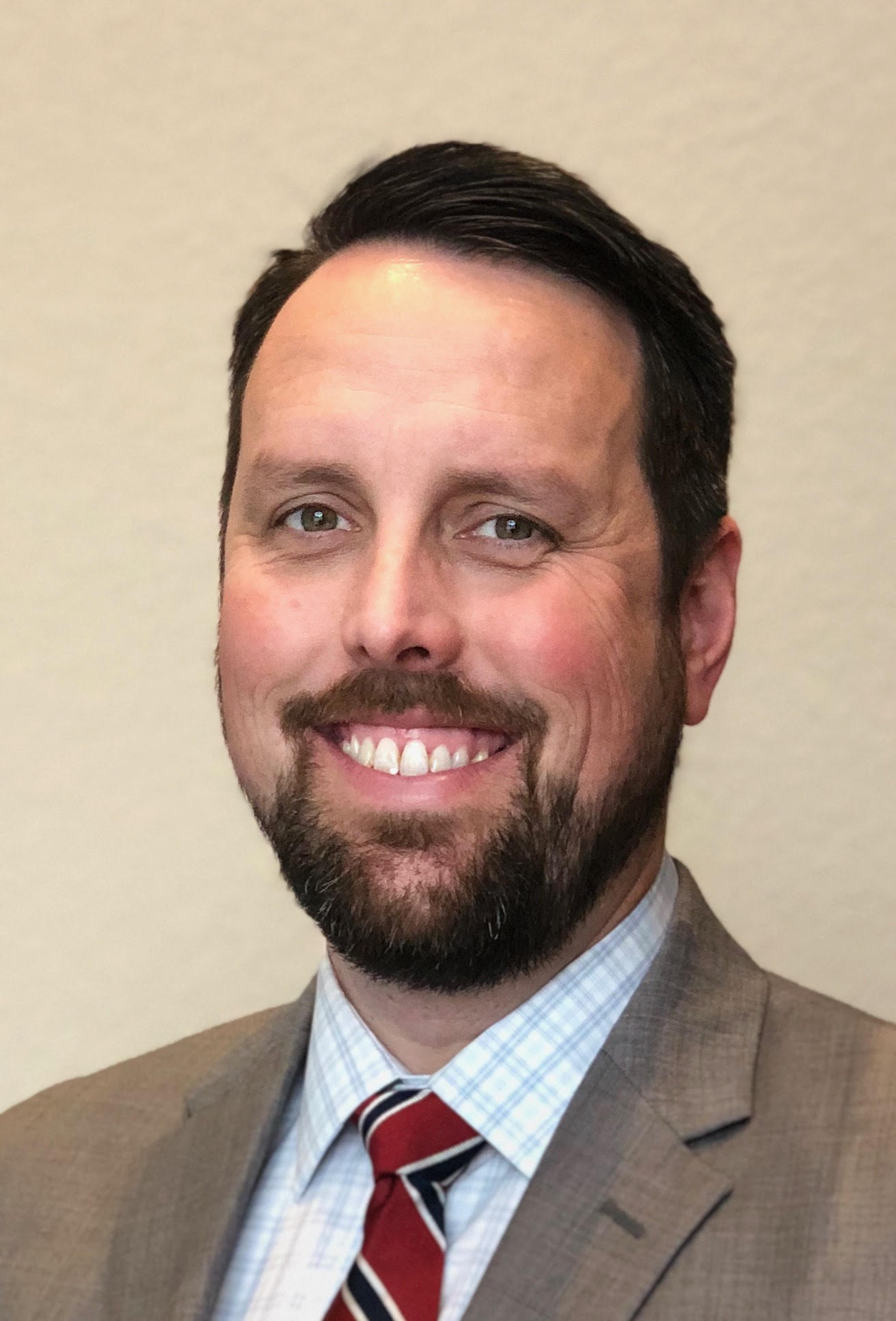 David Reed is a cybersecurity practitioner with 16 years of experience. He served for over 13 years in the US Army and at the NSA conducting cyber operations and training tactical signals operators. David has extensive experience in manufacturing, telecommunication, and other critical infrastructure entities with a primary focus on mobile device exploitation.
David Reed is a cybersecurity practitioner with 16 years of experience. He served for over 13 years in the US Army and at the NSA conducting cyber operations and training tactical signals operators. David has extensive experience in manufacturing, telecommunication, and other critical infrastructure entities with a primary focus on mobile device exploitation.
Director, Center for International and Security Studies at Maryland (CISSM)
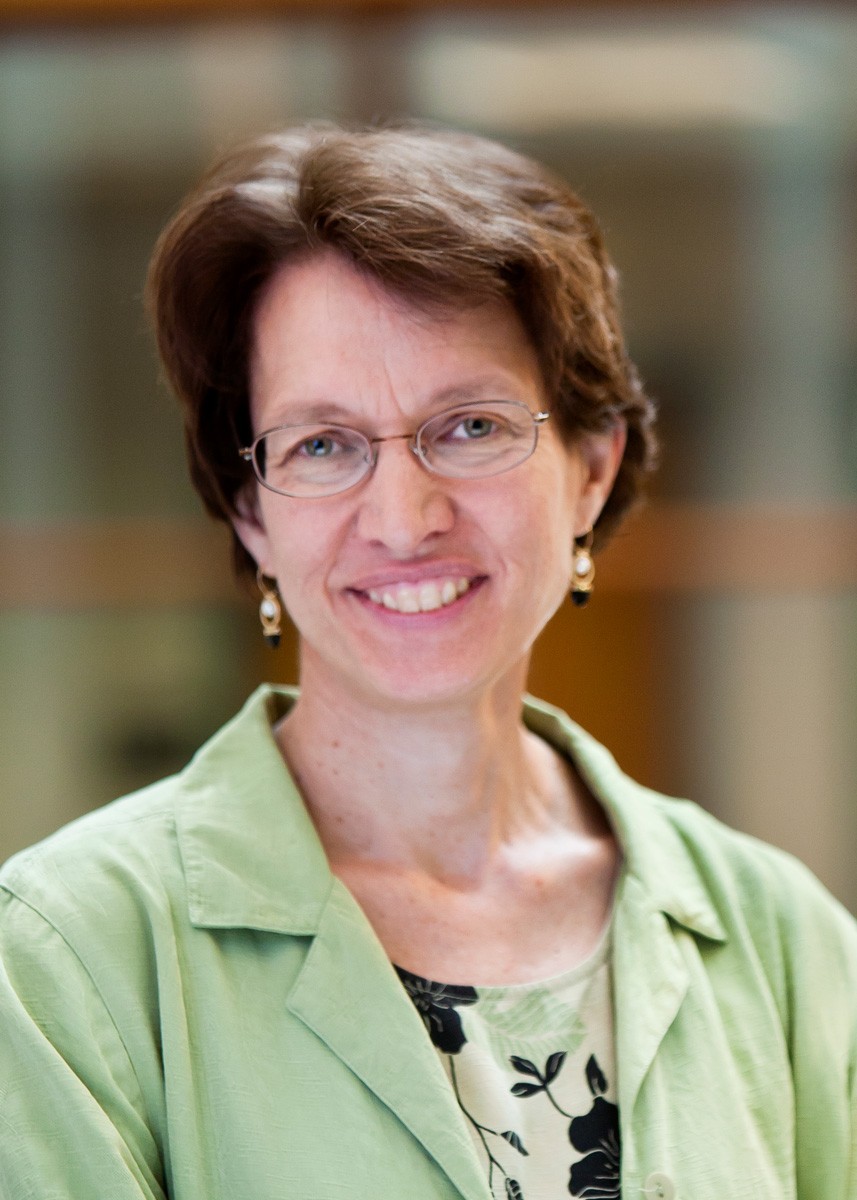 Nancy Gallagher is the Director of the Center for International and Security Studies at Maryland (CISSM) and a Research Professor at the University of Maryland’s School of Public Policy. She leads the Advanced Methods of Cooperative Security Program, an interdisciplinary effort initiated with John Steinbruner to address the security implications of globalization by developing more refined rules and systematic transparency arrangements to minimize the potential for deliberate or inadvertent misuse of powerful, multipurpose technologies. Her current research agenda includes space and cybersecurity policy, US and Iranian public opinion about the nuclear deal, requirements for a large-scale global expansion of nuclear energy that does not increase risks from proliferation or terrorist access, and multi-stakeholder approaches to global governance. She won the University of Maryland’s 2015 Research Communication Impact Award, and its Outstanding Invention of 2016 award for her development, with Charles Harry, of a cybersecurity risk analysis framework. Before coming to the University of Maryland, Gallagher worked at the State Department and the Arms Control and Disarmament Agency. She was the Executive Director of the Clinton administration’s Comprehensive Test Ban Treaty Task Force. She has a Ph.D. in Political Science from the University of Illinois and a B.A. in History from Carleton College.
Nancy Gallagher is the Director of the Center for International and Security Studies at Maryland (CISSM) and a Research Professor at the University of Maryland’s School of Public Policy. She leads the Advanced Methods of Cooperative Security Program, an interdisciplinary effort initiated with John Steinbruner to address the security implications of globalization by developing more refined rules and systematic transparency arrangements to minimize the potential for deliberate or inadvertent misuse of powerful, multipurpose technologies. Her current research agenda includes space and cybersecurity policy, US and Iranian public opinion about the nuclear deal, requirements for a large-scale global expansion of nuclear energy that does not increase risks from proliferation or terrorist access, and multi-stakeholder approaches to global governance. She won the University of Maryland’s 2015 Research Communication Impact Award, and its Outstanding Invention of 2016 award for her development, with Charles Harry, of a cybersecurity risk analysis framework. Before coming to the University of Maryland, Gallagher worked at the State Department and the Arms Control and Disarmament Agency. She was the Executive Director of the Clinton administration’s Comprehensive Test Ban Treaty Task Force. She has a Ph.D. in Political Science from the University of Illinois and a B.A. in History from Carleton College.
Senior Research Associate at the Center for International and Security Studies at Maryland (CISSM)
 Theresa Hitchens is a Senior Research Associate at CISSM, where she focuses on space security, cyber security, and governance issues surrounding disruptive technologies. Prior to joining CISSM, Hitchens was the director of the United Nations Institute for Disarmament Research (UNIDIR) in Geneva from 2009 through 2014. Among her activities and accomplishments at UNIDIR, Hitchens served as a consultant to the U.N. Group of Governmental Experts on Transparency and Confidence Building Measures in Outer Space Activities, provided expert advice to the Conference on Disarmament regarding the prevention of an arms race in outer space (PAROS), and launched UNIDIR’s annual conference on cyber security.
Theresa Hitchens is a Senior Research Associate at CISSM, where she focuses on space security, cyber security, and governance issues surrounding disruptive technologies. Prior to joining CISSM, Hitchens was the director of the United Nations Institute for Disarmament Research (UNIDIR) in Geneva from 2009 through 2014. Among her activities and accomplishments at UNIDIR, Hitchens served as a consultant to the U.N. Group of Governmental Experts on Transparency and Confidence Building Measures in Outer Space Activities, provided expert advice to the Conference on Disarmament regarding the prevention of an arms race in outer space (PAROS), and launched UNIDIR’s annual conference on cyber security.
From 2001 to 2008, Hitchens worked at the Center for Defense Information, where she served as Director, and headed the center’s Space Security Project, setting the strategic direction of the center and conducting research on space policy and other international security issues. She was also previously Research Director of the Washington affiliate of the British American Security Information Council (BASIC), where she managed the organization’s program of research and advocacy in nuclear and conventional arms control, European security and North Atlantic Treaty Organization (NATO) affairs.
Hitchens previously worked for Defense News of Springfield, Virginia, covering transatlantic relations, the European Union, NATO, arms control, USAF issues, and international security. At Defense News, Hitchens served as International Editor on security, covering arms trade issues, nuclear, chemical and biological weapons, and as Editor for two years.
Hitchens’s latest publications include, “Space Security-Relevant International Organizations: UN, ITU, ISO,” 2014, which was penned for the Handbook of Space Security; “Preserving Freedom of Action in Space: Realizing the Potential and Limits of U.S. Spacepower,” 2011, which was coauthored with Michael Krepon and Michael Katz-Hyman; and “Saving Space: Threat Proliferation and Mitigation,” 2009. Hitchens holds a Bachelor of Science in journalism from Ohio University in Athens, Ohio.
Professor, Computer Science Department, University of Maryland - College Park
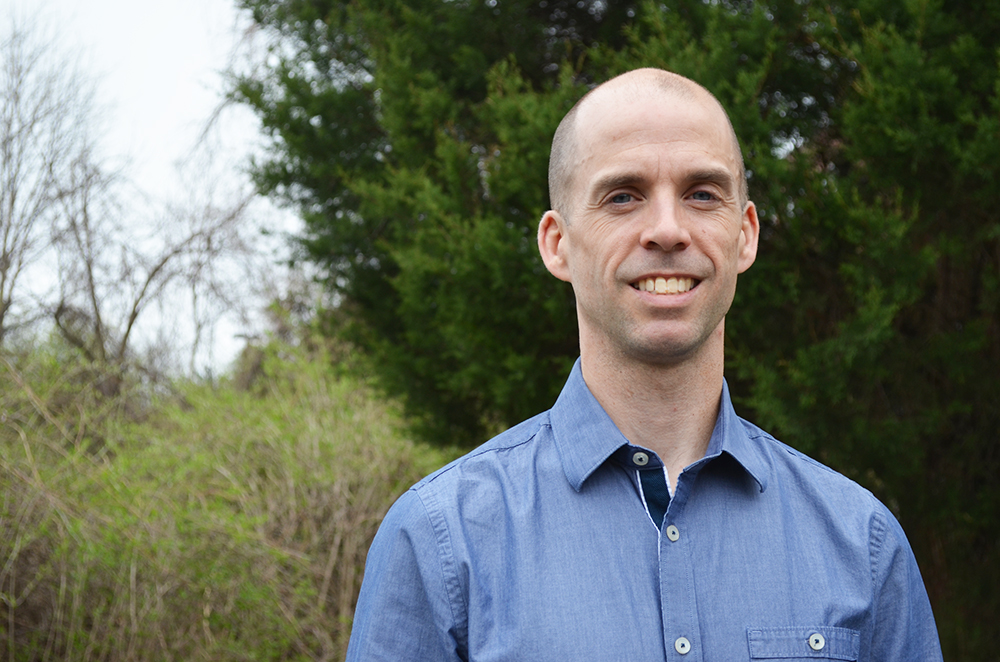 Michael W. Hicks is a Professor in the Computer Science department and recently completed a three-year term as Chair of ACM SIGPLAN, the Special Interest Group in Programming Languages. His research focuses on using programming languages and analyses to improve the security, reliability, and availability of software. He has explored the design of new programming languages and analysis tools for helping programmers find bugs and software vulnerabilities, and explored technologies to shorten patch application times by allowing software upgrades without downtime. Recently he has been looking at synergies between cryptography and programming languages, as well techniques involving random testing and probabilistic reasoning. He also led the development of a new security-oriented programming contest, “build-it, break-it, fix-it,” which has been offered to the public and to students of his Coursera class on Software Security. He blogs at http://www.pl-enthusiast.net/.
Michael W. Hicks is a Professor in the Computer Science department and recently completed a three-year term as Chair of ACM SIGPLAN, the Special Interest Group in Programming Languages. His research focuses on using programming languages and analyses to improve the security, reliability, and availability of software. He has explored the design of new programming languages and analysis tools for helping programmers find bugs and software vulnerabilities, and explored technologies to shorten patch application times by allowing software upgrades without downtime. Recently he has been looking at synergies between cryptography and programming languages, as well techniques involving random testing and probabilistic reasoning. He also led the development of a new security-oriented programming contest, “build-it, break-it, fix-it,” which has been offered to the public and to students of his Coursera class on Software Security. He blogs at http://www.pl-enthusiast.net/.
Cybersecurity Program Director, University of Maryland’s Center for Health and Homeland Security (CHHS)
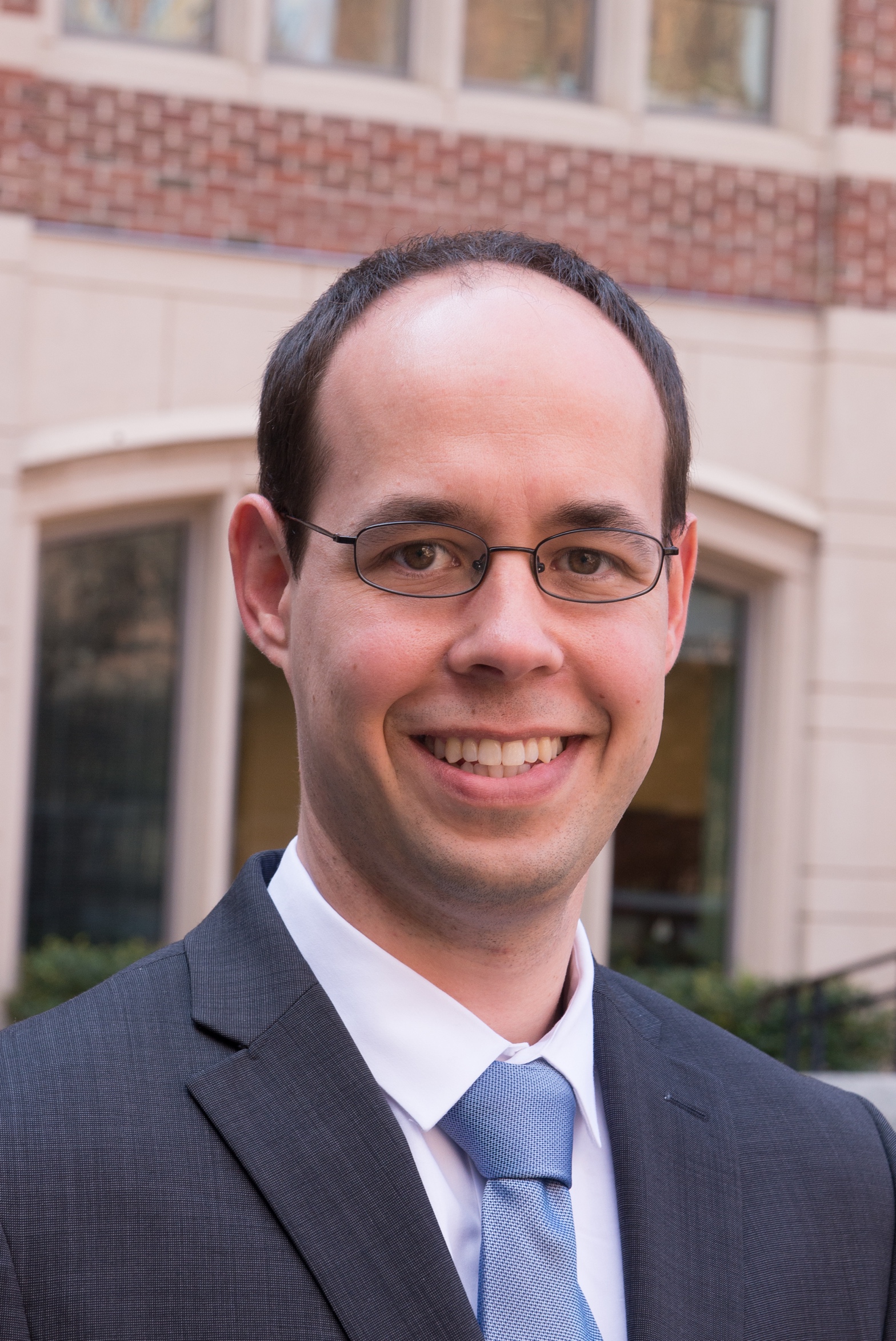 Markus Rauschecker is the Cybersecurity Program Director at the University of Maryland’s Center for Health and Homeland Security (CHHS), a non-profit academic consulting group. Mr. Rauschecker works with government agencies and private sector clients to increase their understanding of the many cyber law and policy issues they face. Through CHHS, Mr. Rauschecker supports clients with planning, training, and exercises to enable them to better prepare and respond to cyber incidents.
Markus Rauschecker is the Cybersecurity Program Director at the University of Maryland’s Center for Health and Homeland Security (CHHS), a non-profit academic consulting group. Mr. Rauschecker works with government agencies and private sector clients to increase their understanding of the many cyber law and policy issues they face. Through CHHS, Mr. Rauschecker supports clients with planning, training, and exercises to enable them to better prepare and respond to cyber incidents.
Mr. Rauschecker serves by appointment of the Maryland Attorney General on the Maryland Cybersecurity Council. Mr. Rauschecker is Chair of the Council’s Critical Infrastructure Subcommittee, which addresses critical infrastructure cybersecurity. He is also a member of the Council’s Legislative Subcommittee which makes recommendations on state legislation related to cybersecurity.
As faculty at the University of Maryland Carey School of Law, Mr. Rauschecker has developed and teaches three courses: The “Law and Policy of Cybersecurity,” “Law and Policy of Cybercrime,” and “International Law and Cybersecurity.” These courses are offered to J.D., LL.M., and Masters of Science in Law (MSL) students. Mr. Rauschecker is regularly asked to provide testimony on cyber law and policy issues to government bodies and has published articles in various outlets.
Mr. Rauschecker earned his BA from Georgetown University and his JD from the University of Maryland Carey School of Law.
John S. and James L. Knight Chair in Public Affairs Journalism, Philip Merrill College of Journalism, UMD
 Dana Priest, the Washington Post investigative reporter and two-time Pulitzer Prize-winner, became the third John S. and James L. Knight Chair in Public Affairs Journalism at the Philip Merrill College of Journalism May 2, 2014.
Priest has spent the majority of her career focusing on national security, military operations and the U.S. intelligence agencies. A two-time Pulitzer Prize winner and three-time finalist, Priest uncovered secret CIA prisons in Eastern Europe and deplorable conditions for veterans at the Walter Reed Medical Center in Washington.
In 2010 her project, “Top Secret America,” covered the buildup in top-secret intelligence organizations in the aftermath of Sept. 11. A unique searchable database of top secret sites was part of that investigation, which was expanded and published as a book and a “Frontline” documentary released in September 2011. Her first book, “The Mission: Waging War and Keeping Peace with America’s Military,” (Norton, 2003) was a finalist for the Pulitzer and is still widely used in military academies. Priest is an alumna of UC Santa Cruz.
Priest’s focus in Knight Hall will continue to be on global security issues increasingly important in a digital world. The tenured position – formerly held by Pulitzer Prize-winning journalist Haynes Johnson and journalist Hodding Carter III – will provide a unique opportunity to help the profession and journalism education define the future of national security journalism.
Her student-led Press Uncuffed project successfully focused attention on the plight of journalists who are jailed around the world.
Dana Priest, the Washington Post investigative reporter and two-time Pulitzer Prize-winner, became the third John S. and James L. Knight Chair in Public Affairs Journalism at the Philip Merrill College of Journalism May 2, 2014.
Priest has spent the majority of her career focusing on national security, military operations and the U.S. intelligence agencies. A two-time Pulitzer Prize winner and three-time finalist, Priest uncovered secret CIA prisons in Eastern Europe and deplorable conditions for veterans at the Walter Reed Medical Center in Washington.
In 2010 her project, “Top Secret America,” covered the buildup in top-secret intelligence organizations in the aftermath of Sept. 11. A unique searchable database of top secret sites was part of that investigation, which was expanded and published as a book and a “Frontline” documentary released in September 2011. Her first book, “The Mission: Waging War and Keeping Peace with America’s Military,” (Norton, 2003) was a finalist for the Pulitzer and is still widely used in military academies. Priest is an alumna of UC Santa Cruz.
Priest’s focus in Knight Hall will continue to be on global security issues increasingly important in a digital world. The tenured position – formerly held by Pulitzer Prize-winning journalist Haynes Johnson and journalist Hodding Carter III – will provide a unique opportunity to help the profession and journalism education define the future of national security journalism.
Her student-led Press Uncuffed project successfully focused attention on the plight of journalists who are jailed around the world.
Principal, Simon Everett Ltd.
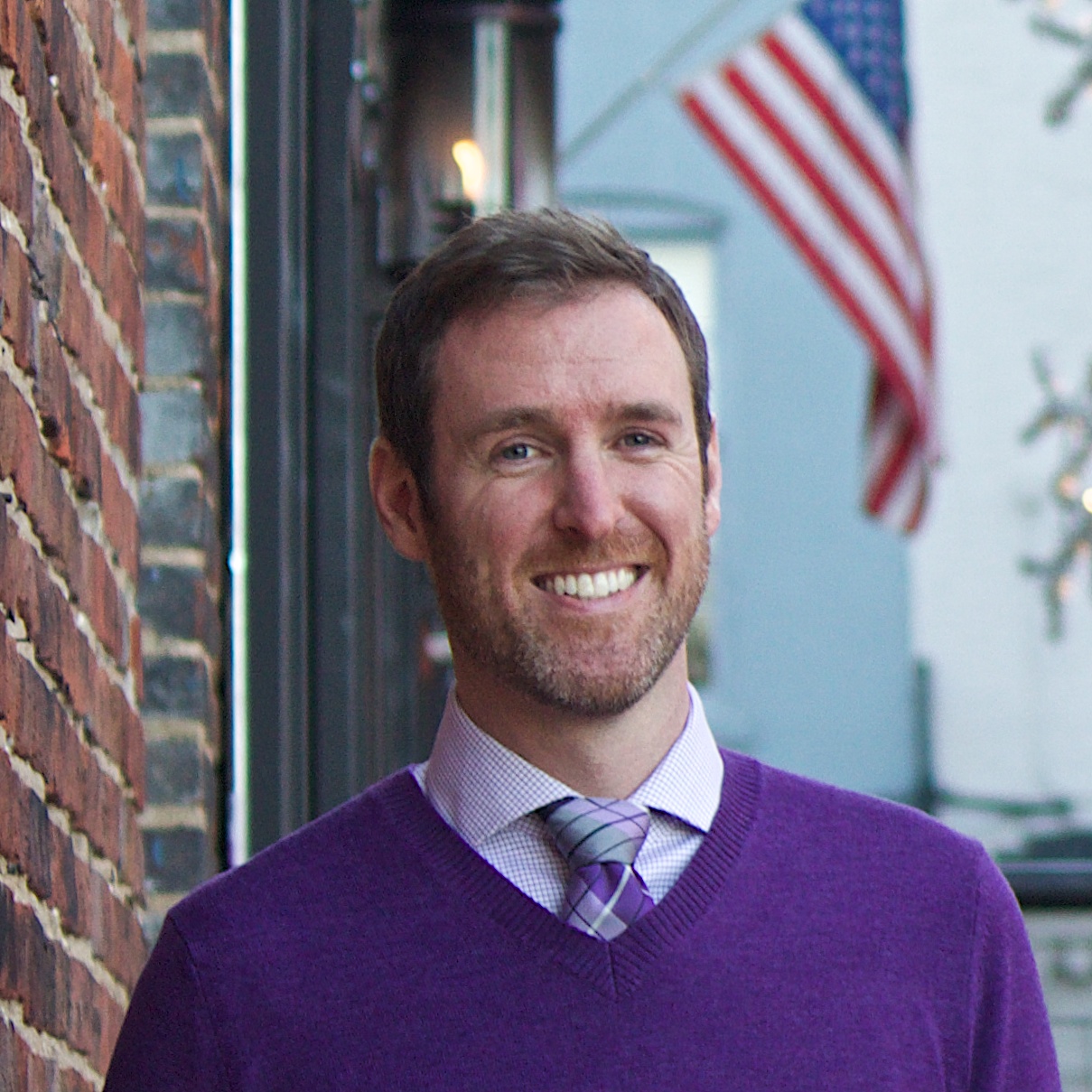 Brian Shea is a principal and co-founder at Simon Everett, Ltd., an analytic design firm that provides highly customized research, analysis, and strategic planning services to help government, private sector, and non-profit clients develop actionable plans. Brian leads Simon Everett’s organizational consulting, branding & communications, and defense, security, & intelligence portfolios; the company also focuses on economic development and international trade.
Although not a technical specialist, Brian has led and supported projects to help state & local jurisdictions assess cybersecurity industry assets and develop plans for economic growth; to explore technology futures and implications on behalf of multiple Department of Defense offices; to guide Intelligence Community seniors through a consideration of the use of cyber as a tool for statecraft; and to help cybersecurity companies improve their marketing and communications materials.
Brian Shea is a principal and co-founder at Simon Everett, Ltd., an analytic design firm that provides highly customized research, analysis, and strategic planning services to help government, private sector, and non-profit clients develop actionable plans. Brian leads Simon Everett’s organizational consulting, branding & communications, and defense, security, & intelligence portfolios; the company also focuses on economic development and international trade.
Although not a technical specialist, Brian has led and supported projects to help state & local jurisdictions assess cybersecurity industry assets and develop plans for economic growth; to explore technology futures and implications on behalf of multiple Department of Defense offices; to guide Intelligence Community seniors through a consideration of the use of cyber as a tool for statecraft; and to help cybersecurity companies improve their marketing and communications materials.
Prior to founding Simon Everett, Brian served in senior roles at several Washington, DC-area consultancies, including leading the intelligence practice of the technology and consulting firm Detica, Inc., through the firm’s acquisition by BAE Systems. Brian also led analytic projects and teams at DFI International, a boutique strategy and policy consulting firm, as well as the Government Services practice at Eurasia Group, a leading global political risk consultancy. Prior to his consulting career, Brian served in the US Air Force for twelve years, including six years assigned to the National Security Agency as an Arabic Cryptologic Language Analyst and four years as an Arabic instructor at the Defense Language Institute in Monterey, California.
Former NSA, US Army Veteran
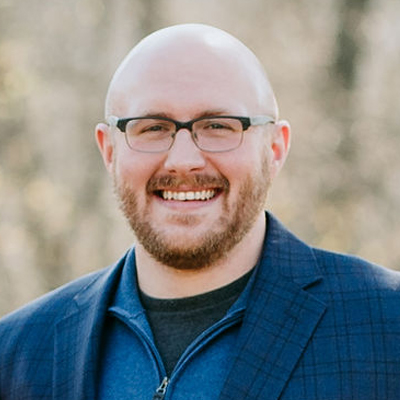 Chris Castaldo is a transformational cybersecurity executive who creates innovative solutions to enable businesses to operate safely and securely. He mentors and coaches executives and board members on cybersecurity through scalable and sustainable business objectives. Chris is an industry leader and has appeared on several leading cybersecurity podcasts.
Chris Castaldo is a transformational cybersecurity executive who creates innovative solutions to enable businesses to operate safely and securely. He mentors and coaches executives and board members on cybersecurity through scalable and sustainable business objectives. Chris is an industry leader and has appeared on several leading cybersecurity podcasts.
Chris currently leads a team of cybersecurity professionals at 2U, Inc., a global leader in education technology. Previously, he built cybersecurity functions at startups and telecommunication cloud providers, and he worked at the National Security Agency solving some of the most challenging national cybersecurity issues. Chris is also a US Army Operation Iraqi Freedom veteran, and he currently resides with his family in Maryland.
EY Alumni Professor of Managerial Accounting and Information Assurance, Robert H. Smith School of Business, UMD
 Dr. Lawrence A. Gordon is the EY Alumni Professor of Managerial Accounting and Information Assurance at the Robert H. Smith School of Business, University of Maryland (UMD) and an Affiliate Researcher at the Maryland Cybersecurity Center. Dr. Gordon earned his Ph.D. in Managerial Economics from Rensselaer Polytechnic Institute. His research focuses on economic aspects of cybersecurity, corporate performance measures, cost management systems, and capital investments. He is the author of over 100 articles that have been published in the accounting, finance and information/computer security journals. In addition to the Smith School of Business, Dr. Gordon’s work related to cybersecurity economics has been supported by the U.S. National Security Agency and the U.S. Department of Homeland Security, and is currently being supported by the U.S. National Science Foundation. Dr. Gordon is also the author or co-author of several books, including MANAGING CYBERSECURITY RESOURCES: A Cost-Benefit Analysis. Dr. Gordon is the coauthor of the Gordon-Loeb Model for Cybersecurity Investments, which provides an economic framework for deriving an organization’s optimal level of cybersecurity investments.
Dr. Lawrence A. Gordon is the EY Alumni Professor of Managerial Accounting and Information Assurance at the Robert H. Smith School of Business, University of Maryland (UMD) and an Affiliate Researcher at the Maryland Cybersecurity Center. Dr. Gordon earned his Ph.D. in Managerial Economics from Rensselaer Polytechnic Institute. His research focuses on economic aspects of cybersecurity, corporate performance measures, cost management systems, and capital investments. He is the author of over 100 articles that have been published in the accounting, finance and information/computer security journals. In addition to the Smith School of Business, Dr. Gordon’s work related to cybersecurity economics has been supported by the U.S. National Security Agency and the U.S. Department of Homeland Security, and is currently being supported by the U.S. National Science Foundation. Dr. Gordon is also the author or co-author of several books, including MANAGING CYBERSECURITY RESOURCES: A Cost-Benefit Analysis. Dr. Gordon is the coauthor of the Gordon-Loeb Model for Cybersecurity Investments, which provides an economic framework for deriving an organization’s optimal level of cybersecurity investments.
Associate Professor, Department of Mechanical Engineering, UMD
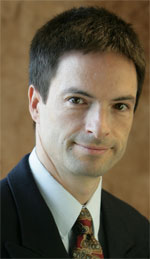 Michel Cukier is an associate professor of reliability engineering with a joint appointment in the Department of Mechanical Engineering at the University of Maryland, College Park. He is also the director for the Advanced Cybersecurity Experience for Students (ACES). His research covers dependability and security issues. His latest research focuses on the empirical quantification of cyber security. Dr. Cukier has published more than 70 papers in journals and refereed conference proceedings in those areas.
Michel Cukier is an associate professor of reliability engineering with a joint appointment in the Department of Mechanical Engineering at the University of Maryland, College Park. He is also the director for the Advanced Cybersecurity Experience for Students (ACES). His research covers dependability and security issues. His latest research focuses on the empirical quantification of cyber security. Dr. Cukier has published more than 70 papers in journals and refereed conference proceedings in those areas.
Assistant Professor, Computer Science Department and Institute for Advanced Computer Studies, UMD
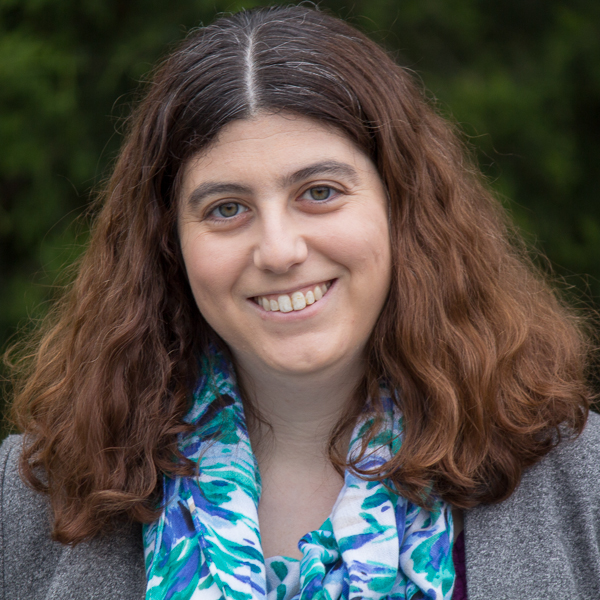 Michelle Mazurek is an Assistant Professor in the Computer Science Department and the Institute for Advanced Computer Studies at the University of Maryland, College Park. Her research aims to understand and improve the human elements of security - and privacy-related decision making. Recent projects include examining how and why developers make security and privacy mistakes; investigating the vulnerability-discovery process; evaluating the use of threat-modeling in large-scale organizations; analyzing how users learn about and decide whether to adopt security advice; and contrasting user expectations with app behavior in in Android apps. Her work has recently been recognized with an NSA Best Scientific Cybersecurity Paper award and a USENIX Security Distinguished Paper award. Mazurek received her Ph.D. in Electrical and Computer Engineering from Carnegie Mellon University in 2014
Michelle Mazurek is an Assistant Professor in the Computer Science Department and the Institute for Advanced Computer Studies at the University of Maryland, College Park. Her research aims to understand and improve the human elements of security - and privacy-related decision making. Recent projects include examining how and why developers make security and privacy mistakes; investigating the vulnerability-discovery process; evaluating the use of threat-modeling in large-scale organizations; analyzing how users learn about and decide whether to adopt security advice; and contrasting user expectations with app behavior in in Android apps. Her work has recently been recognized with an NSA Best Scientific Cybersecurity Paper award and a USENIX Security Distinguished Paper award. Mazurek received her Ph.D. in Electrical and Computer Engineering from Carnegie Mellon University in 2014
Founder, Cybercrime Support Network
 Kristin was elected to serve as a Washtenaw County Commissioner in 2008 and supported the U.S. Department of Homeland Security in growing cybersecurity outreach to state and local government officials. After elected office, she worked at the Center for Internet Security, focusing on connecting state and local governments to federal services and technology needed to improve cyber security.
Kristin was elected to serve as a Washtenaw County Commissioner in 2008 and supported the U.S. Department of Homeland Security in growing cybersecurity outreach to state and local government officials. After elected office, she worked at the Center for Internet Security, focusing on connecting state and local governments to federal services and technology needed to improve cyber security.
As Director of Government Affairs at the National Cyber Security Alliance (NCSA), Kristin worked with Google, FTC, FBI, SBA, DHS, NIST, congressional leaders and other key stakeholders across the country to educate consumers and businesses how to protect sensitive data. As a thought leader, Kristin has been seen on the C-SPAN Network, local news outlets and called on by technology publications like SC Magazine and Government Technology to share best practices for online safety; being named an SC Media “Women in IT Security Influencer” in 2017. She is a national speaker, sharing cybersecurity best practices with elected officials, businesses and consumers. Her first LinkedIn Learning Course, Cybersecurity for Small and Medium Businesses: Essential Training, teaches cybersecurity to SMBs based on NIST Cybersecurity Framework.
In 2017, Kristin was chosen for the 3rd cohort in the Presidential Leadership Scholars program which is a partnership between the presidential centers of George W. Bush, William J. Clinton, George H.W. Bush, and Lyndon B. Johnson to bring together a select group of leaders who share a desire to create positive change across our Nation. Kristin was awarded the “2018 Women of Influence Award” by the Executive Women’s Forum on Information Security, Risk Management, and Privacy (EWF).
To address the needs of cybercrime victims, Kristin founded the nonprofit Cybercrime Support Network (cybercrimesupport.org) and works with federal, state and local law enforcement and consumer protection agencies to help consumers and small businesses affected by cybercrime.
Advisory Partner, Cybersecurity Team, Pricewaterhousecoopers LLP
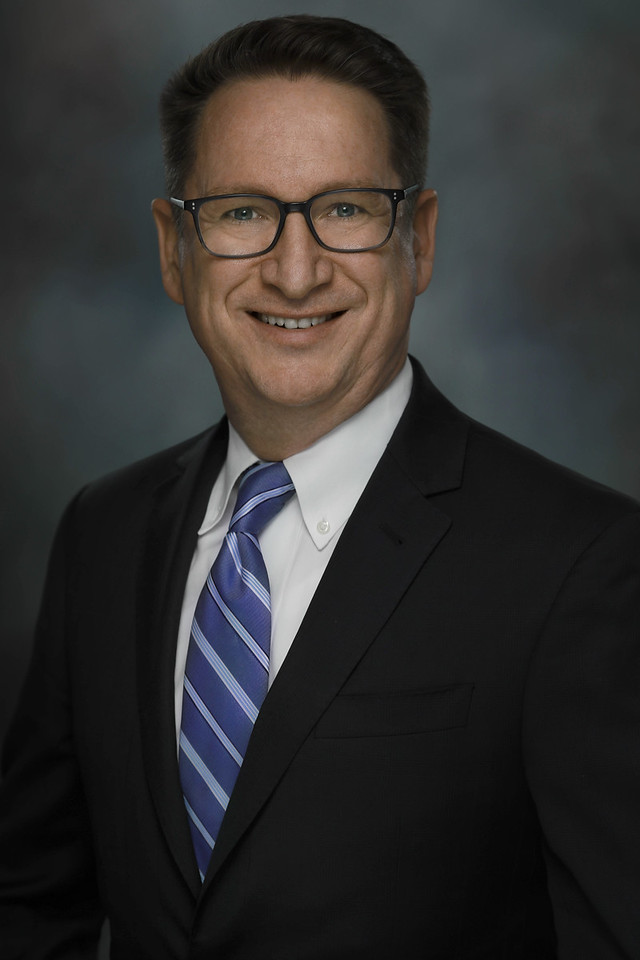 Don Freese is a Business and Cyber Continuity Strategist, Global Risk Partner, and National Security Executive with over 25 years’ experience leading business federal law enforcement and intelligence projects. Don is the former Deputy Assistant Director of IT Operations/Cyber Defense of the FBI and currently serves as an Advisory Partner at Pricewaterhousecoopers LLP on the Cybersecurity team. In his previous role, Don served as the Director for information technology enterprise services responsible for worldwide IT operations, information assurance, and risk management for all digital enclaves and operational platforms worldwide. In addition he served as Director of the National Cyber Investigative Joint Task Force. In this capacity Don was responsible for leading 24 partner agencies in partnership to accomplish the nation’s top-tier, domestic cyber mission, through coordinating, integrating, and sharing cyber threat data enabling intelligence and investigative operations worldwide. Don has led and worked in Counterterrorism and Counterintelligence, Criminal and Cyber intrusion teams in various locations in the US and overseas.
Don received his MS/BCSRM from Boston University and holds a Professional Certification in Cyber Security Strategy from Georgetown University.
Don Freese is a Business and Cyber Continuity Strategist, Global Risk Partner, and National Security Executive with over 25 years’ experience leading business federal law enforcement and intelligence projects. Don is the former Deputy Assistant Director of IT Operations/Cyber Defense of the FBI and currently serves as an Advisory Partner at Pricewaterhousecoopers LLP on the Cybersecurity team. In his previous role, Don served as the Director for information technology enterprise services responsible for worldwide IT operations, information assurance, and risk management for all digital enclaves and operational platforms worldwide. In addition he served as Director of the National Cyber Investigative Joint Task Force. In this capacity Don was responsible for leading 24 partner agencies in partnership to accomplish the nation’s top-tier, domestic cyber mission, through coordinating, integrating, and sharing cyber threat data enabling intelligence and investigative operations worldwide. Don has led and worked in Counterterrorism and Counterintelligence, Criminal and Cyber intrusion teams in various locations in the US and overseas.
Don received his MS/BCSRM from Boston University and holds a Professional Certification in Cyber Security Strategy from Georgetown University.
Head of Strategy, Google Cloud Public Sector
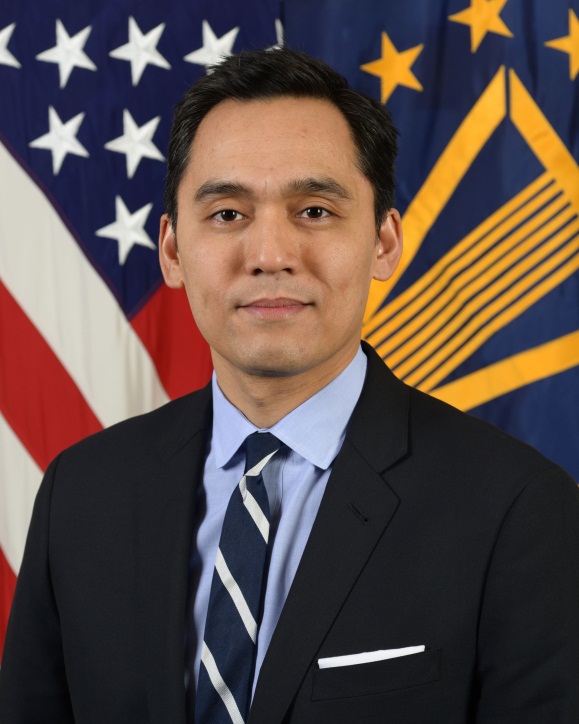 Daniel B. Prieto is the Head of Strategy for Google Cloud, Public Sector. He brings 25+ years of leadership and innovation experience in government, the private sector, and academia, working at the crossroads of technology, national security, and privacy. From 2013 to 2017, Dan served in the Obama Administration, first as the Chief Technology Officer in the office of the Department of Defense CIO, and then as Director for Cybersecurity Policy in the White House on the staff of the National Security Council. After 9/11, he helped stand up the Committee on Homeland Security in the U.S. House of Representatives. He has been a senior advisor to McKinsey & Co, an executive at IBM and America Online, and an investment banker at JP Morgan. In these roles he acted as a strategist or advisor on over $150B in transactions in tech, defense, and media, including the acquisition of Netscape, as well as the mergers of McDonnell Douglas and Boeing, and America Online and Time Warner. He has held fellowship appointments at Harvard, Stanford, and Columbia universities and at the Council on Foreign Relations. He is a member of the Aspen Homeland Security Group and a life member of the Council on Foreign Relations. He has testified before the U.S. Senate and his writing and commentary have appeared widely. Mr. Prieto received his M.A. from the School of Advanced International Studies (SAIS) at Johns Hopkins University and his B.A. from Wesleyan University.
Daniel B. Prieto is the Head of Strategy for Google Cloud, Public Sector. He brings 25+ years of leadership and innovation experience in government, the private sector, and academia, working at the crossroads of technology, national security, and privacy. From 2013 to 2017, Dan served in the Obama Administration, first as the Chief Technology Officer in the office of the Department of Defense CIO, and then as Director for Cybersecurity Policy in the White House on the staff of the National Security Council. After 9/11, he helped stand up the Committee on Homeland Security in the U.S. House of Representatives. He has been a senior advisor to McKinsey & Co, an executive at IBM and America Online, and an investment banker at JP Morgan. In these roles he acted as a strategist or advisor on over $150B in transactions in tech, defense, and media, including the acquisition of Netscape, as well as the mergers of McDonnell Douglas and Boeing, and America Online and Time Warner. He has held fellowship appointments at Harvard, Stanford, and Columbia universities and at the Council on Foreign Relations. He is a member of the Aspen Homeland Security Group and a life member of the Council on Foreign Relations. He has testified before the U.S. Senate and his writing and commentary have appeared widely. Mr. Prieto received his M.A. from the School of Advanced International Studies (SAIS) at Johns Hopkins University and his B.A. from Wesleyan University.
Data Scientist for IQT CosmiQ’s Works; and Challenge Manager for SpaceNet LLC
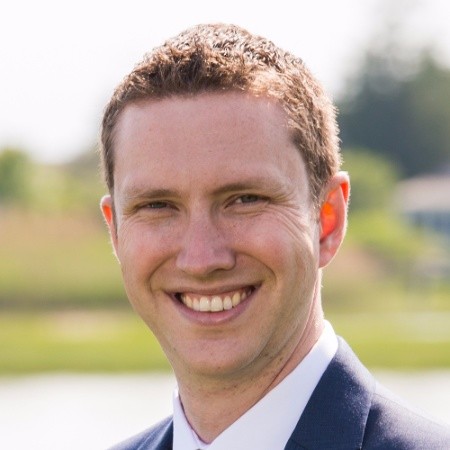 Nicholas Weir is a Data Scientist for IQT CosmiQ’s Works and the Challenge Manager for SpaceNet LLC. Nick has deep expertise in machine learning, especially with computer vision. At CosmiQ, he has lead the development of a open source software stack which facilities the development, deployment, and testing and evaluation of computer vision models trained for foundational mapping applications. Nick also has experience applying machine learning techniques to biological data sets. I think he would be a great fit for the “Leveraging Advanced Analytics” panel discussion.
Nicholas Weir is a Data Scientist for IQT CosmiQ’s Works and the Challenge Manager for SpaceNet LLC. Nick has deep expertise in machine learning, especially with computer vision. At CosmiQ, he has lead the development of a open source software stack which facilities the development, deployment, and testing and evaluation of computer vision models trained for foundational mapping applications. Nick also has experience applying machine learning techniques to biological data sets. I think he would be a great fit for the “Leveraging Advanced Analytics” panel discussion.
GISCP, OCP, Control Systems Cybersecurity, Department of Defense
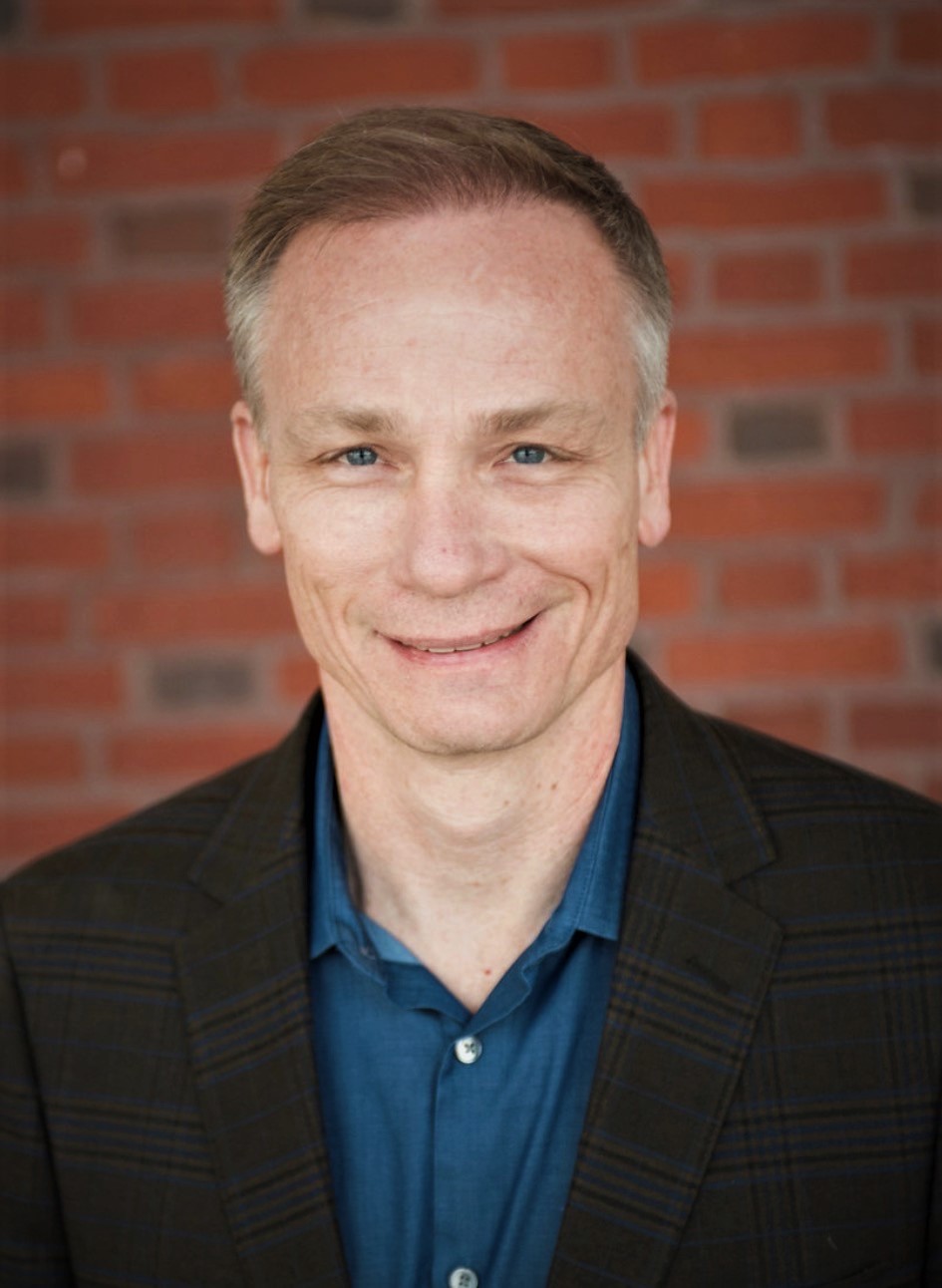 Mr. Daryl Haegley’s distinguished career includes military, federal, civilian and commercial consulting experience. He currently advises and oversees the strategic cybersecurity effort to protect the control systems and operational technology (OT) enabling the Department of Defense’s (DoD) critical infrastructure. For the past six years, Mr. Haegley has brought awareness to the ever-increasing cyber threat to unprotected connected OT devices and has led the government to make change. Specifically, he has successfully advocated to change laws, DoD policy and standards, and academic curricula while initiating the first comprehensive facilities related control systems cybersecurity program of its kind within the federal government. He maintains four certifications, three Masters’ degrees, two college tuitions & one patent.
Mr. Daryl Haegley’s distinguished career includes military, federal, civilian and commercial consulting experience. He currently advises and oversees the strategic cybersecurity effort to protect the control systems and operational technology (OT) enabling the Department of Defense’s (DoD) critical infrastructure. For the past six years, Mr. Haegley has brought awareness to the ever-increasing cyber threat to unprotected connected OT devices and has led the government to make change. Specifically, he has successfully advocated to change laws, DoD policy and standards, and academic curricula while initiating the first comprehensive facilities related control systems cybersecurity program of its kind within the federal government. He maintains four certifications, three Masters’ degrees, two college tuitions & one patent.
Co-Founder & CSO at Area 1 Security
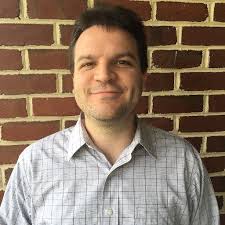 Blake is a leader in the field of Information Security. He career started his career at the National Security Agency in the field of Computer Network Operations. As a Computer Network Exploitation Analyst at NSA, Blake quickly became a key member of the team after successfully penetrating the networks of adversaries developing Weapons of Mass Destruction. At NSA Blake worked on Counter Intelligence threats affecting a variety of organizations and learned a variety of skills including Computer Network Operations (CNO), Vulnerability Exploitation and Analysis, Network Analysis, Malware Analysis, and Host Intrusion Analysis. After receiving numerous awards, he migrated to the Computer Network Defense (CND) community.
Blake is a leader in the field of Information Security. He career started his career at the National Security Agency in the field of Computer Network Operations. As a Computer Network Exploitation Analyst at NSA, Blake quickly became a key member of the team after successfully penetrating the networks of adversaries developing Weapons of Mass Destruction. At NSA Blake worked on Counter Intelligence threats affecting a variety of organizations and learned a variety of skills including Computer Network Operations (CNO), Vulnerability Exploitation and Analysis, Network Analysis, Malware Analysis, and Host Intrusion Analysis. After receiving numerous awards, he migrated to the Computer Network Defense (CND) community.
In 2012 Blake began employment at CrowdStrike as one of the founding members of the Services organization. He helped lead the charge to build CrowdStrike Services from the ground up. At CrowdStrike Blake performed a variety of roles including performing Malware Analysis, Incident Response, Rapid Product Prototyping and Fielding, and Facility Security Clearance issues. In totality, Blake has experience in both insider and espionage related threats in addition to large scale destructive attacks. In 2014, Blake founded Area 1 Security to identify sophisticated nation state sponsored cyber threats before they compromise enterprise organizations.
Principal Cyber Security Engineer at MITRE
 Innovative and strategic Cyber Security Engineer with over fifteen years’ federal & corporate domain expertise. Astute co-inventor of several relevant patents, with undeniable dedication to industry advancements. Leverages information assurance principles and applications, as well as enterprise and network security expertise to improve enterprise cyber security goals. Extensive experience in packet capture, network protocol decoding, packet archiving and retrieval, and real time analysis of network traffic and application control flow. Successfully championed test-driven development, frequent refactoring, agile development, and continuous integration at OPNET and Riverbed.
Innovative and strategic Cyber Security Engineer with over fifteen years’ federal & corporate domain expertise. Astute co-inventor of several relevant patents, with undeniable dedication to industry advancements. Leverages information assurance principles and applications, as well as enterprise and network security expertise to improve enterprise cyber security goals. Extensive experience in packet capture, network protocol decoding, packet archiving and retrieval, and real time analysis of network traffic and application control flow. Successfully championed test-driven development, frequent refactoring, agile development, and continuous integration at OPNET and Riverbed.
Comprehensive understanding of software security, systems design, and application security testing, assessment, infrastructure, network and security protocols, and networking. Instinctively skilled in detecting vulnerabilities and anomalies, and in recommending solutions, as well as risk mitigation strategies for unknown vulnerabilities. Designs, develops, and implements cyber security strategies, overseeing planning and execution. Partners with internal and external stakeholders to protect IT infrastructure and security systems against on-going cyber threats.
Consults senior leaders on cyber security strategies and industry best practices, and implements cyber strategy, policy and privacy initiatives company-wide. Evaluates current security strategies, roadmaps, execution plans, and enterprise improvements; recommending new technology, solutions, and ideas. Co-presented with Expert panel members from the NSA on the Impact of Service Oriented Architectures. Collaborates cross-functionally in deciphering perplexing technical difficulties. Builds and sustains solid relationships across corporate and government sectors. Strong interpersonal, presentation, written, and verbal communication skills. Adaptable to fluid environments with changing priorities.
Vice President, Cybersecurity Advisory Services, Bain & Company
 Syed Ali is a vice president at Bain and a leader in the firm’s IT, Private Equity and Telecommuncations, Media & Technology (TMT) practices. He is also the co-head of Bain’s global cybersecurity advisory services. Syed has 20 years of experience in management and technology consulting, including 7 years at Bain.
Syed Ali is a vice president at Bain and a leader in the firm’s IT, Private Equity and Telecommuncations, Media & Technology (TMT) practices. He is also the co-head of Bain’s global cybersecurity advisory services. Syed has 20 years of experience in management and technology consulting, including 7 years at Bain.
Syed has expertise in cybersecurity, digital transformations, Agile technology readiness, digital operating model design, on-premise and cloud infrastructure (IaaS, PaaS) strategy, IT performance management, IT sourcing and vendor management. Over the course of his career, Syed has advised senior business and technology leaders at Fortune 100 and 500 companies in the tech, telecom, insurance, healthcare, retail and banking industries. Prior to joining Bain, he was a principal at Booz & Company.
Syed holds an MS in information technology from Northwestern University and a BSE in biomedical engineering from Tulane University.
Counsel, Energy Practice at Dentons
 Jennifer Morrissey is Counsel in Dentons’ Global Energy Sector, Co-Editor-in-Chief of the Dentons Smart Cities & Communities Think Tank, and Co-Chair and Member of the Water, Technology & Innovation, and NGOs & Universities Pillars of the Think Tank. The Smart Cities & Communities Think Tank is Dentons’ law- and policy-based think tank dedicated to promoting the smart cities concept through the lens of identifying opportunities to leverage technology to modernize physical, digital and social infrastructure to make delivery of services more efficient and equitable. Particular emphasis is given to modernizing the electric grid as a platform for the integration of advanced telecommunications, transportation, public safety and other services, and to sharing information on best practices with the public and interested stakeholders as it develops. Ms. Morrissey is based in Washington, DC, where she divides her practice between traditional regulatory advice and transactional matters relating to energy, resources and infrastructure. She also advises clients on policy strategies and innovation in the energy sector. She is a prolific writer on a variety of topics at the intersection of energy, resources, infrastructure and policy. A former Fulbright scholar, she holds a law degree from Georgetown University and a master’s in international economics from Johns Hopkins School of Advanced International Studies. When not delving into intricate law and policy challenges, Ms. Morrissey spends her time running a youth theatre group and shuttling a middle school travel soccer team to games across the mid-Atlantic region.
Jennifer Morrissey is Counsel in Dentons’ Global Energy Sector, Co-Editor-in-Chief of the Dentons Smart Cities & Communities Think Tank, and Co-Chair and Member of the Water, Technology & Innovation, and NGOs & Universities Pillars of the Think Tank. The Smart Cities & Communities Think Tank is Dentons’ law- and policy-based think tank dedicated to promoting the smart cities concept through the lens of identifying opportunities to leverage technology to modernize physical, digital and social infrastructure to make delivery of services more efficient and equitable. Particular emphasis is given to modernizing the electric grid as a platform for the integration of advanced telecommunications, transportation, public safety and other services, and to sharing information on best practices with the public and interested stakeholders as it develops. Ms. Morrissey is based in Washington, DC, where she divides her practice between traditional regulatory advice and transactional matters relating to energy, resources and infrastructure. She also advises clients on policy strategies and innovation in the energy sector. She is a prolific writer on a variety of topics at the intersection of energy, resources, infrastructure and policy. A former Fulbright scholar, she holds a law degree from Georgetown University and a master’s in international economics from Johns Hopkins School of Advanced International Studies. When not delving into intricate law and policy challenges, Ms. Morrissey spends her time running a youth theatre group and shuttling a middle school travel soccer team to games across the mid-Atlantic region.
Chief Operations Officer, FRDA
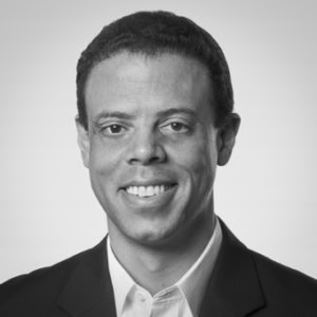
Cybersecurity Professional, Head of Applied Intelligence at Chronicle
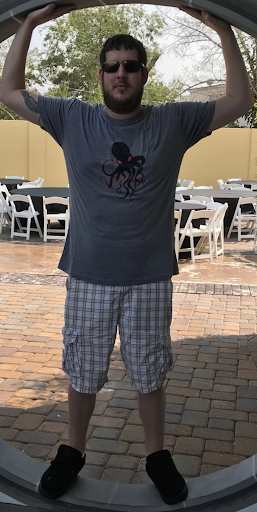 Brandon is the Head of Applied Intelligence at Chronicle, Alphabet’s Cybersecurity company. A former SOC analyst and founding member of multiple Incident Handler, Incident Response, and Threat Research Organizations, Brandon has been a speaker at multiple Sides conferences and other, invite only, blue team events and has published multiple threat focused articles.
Brandon is the Head of Applied Intelligence at Chronicle, Alphabet’s Cybersecurity company. A former SOC analyst and founding member of multiple Incident Handler, Incident Response, and Threat Research Organizations, Brandon has been a speaker at multiple Sides conferences and other, invite only, blue team events and has published multiple threat focused articles.